What To Know About Medicinal Herbal Teas

Some of the best medicinal herbal teas include ginger tea, which is renowned for its ability to soothe nausea, aid digestion, and reduce inflammation.
Chamomile tea is widely used for its calming effects, helping to ease anxiety and promote better sleep. Peppermint tea is known for its ability to relieve digestive issues such as bloating and indigestion, while also providing a refreshing and cooling sensation. Echinacea tea is often consumed to boost the immune system and may help reduce the duration of colds and flu.
Additionally, turmeric tea, which contains curcumin, is valued for its powerful anti-inflammatory and antioxidant properties, supporting overall health and well-being.
FREE Herb Drying Checklist
How to make sure every batch retains maximum flavor, color, and aroma without the risk of mold or over-drying. Eliminate guesswork and trial-and-error, making herb drying faster, easier, and more efficient every time.
Table of Contents
- 1. Stinging nettle (Urtica dioica)
- 2. Salvia (Salvia officinalis)
- 3. Camellia (Camellia sinensis)
- 4. St. john's wort (Hypericum perforatum)
- 5. Chamomile (Matricaria chamomilla)
- 6. Rosemary (Rosmarinus officinalis)
- 7. Ginger (Zingiber officinale)
- 8. Thistle (Silybum marianum)
- 9. Echinacea (Echinacea purpurea)
- 10. Licorice (Glycyrrhiza glabra)
- 11. Chaste tree (Vitex agnus-castus)
- 12. Fennel (Foeniculum vulgare)
- 13. Dog rose (Rosa canina)
- 14. Peppermint (Mentha piperita)
- 15. Turmeric (Curcuma longa)
- 16. Field horsetail (Equisetum arvense)
- 17. Blessed thistle (Cnicus benedictus)
- 18. Thyme (Thymus vulgaris)
- 19. Yarrow (Achillea millefolium)
- 20. English lavender (Lavandula angustifolia)
- 21. Cumin (Cuminum cyminum)
- 22. Ceylon cinnamon (Cinnamomum verum)
- 23. Black pepper (Piper nigrum)
- 24. German chamomile (Chamomilla recutita)
- 25. Aloe barbadensis
- 26. Black elderberry (Sambucus nigra)
- 27. Ginkgo (Ginkgo biloba)
- 28. Eucalyptus (Eucalyptus globulus)
- 29. Common grape (Vitis vinifera)
- 30. Valerian (Valeriana officinalis)
- 31. Anise (Pimpinella anisum)
- 32. Lemon balm (Melissa officinalis)
- 33. Heartworts (Leonurus cardiaca)
- 34. Panax ginseng (Panax ginseng)
- 35. Marigold (Calendula officinalis)
- 36. Lemon grass (Cymbopogon citratus)
- 37. Black cohosh (Cimicifuga racemosa)
- 38. White water lily (Nymphaea alba)
- 39. Maypop (Passiflora incarnata)
- 40. European plum (Prunus domestica)
- 41. Ceylon cinnamon (Cinnamomum zeylanicum)
- 42. Oregano (Origanum vulgare)
- 43. Golden root (Rhodiola rosea)
- 44. Kava (Piper methysticum)
- 45. Ashwagandha (Withania somnifera)
- 46. Horse radish (Cnidium monnieri)
- 47. Black cumin (Nigella sativa)
- 48. Common mallow (Symphytum officinale)
- 49. Puncture vine (Tribulus terrestris)
- 50. Tongkat ali (Eurycoma longifolia)
- 51. Bacopa (Bacopa monnieri)
- 52. Melaleuca (Melaleuca alternifolia)
- 53. Polium germander (Teucrium polium)
- 54. Sutherlandia frutescens
- 55. Maca (Lepidium meyenii)
- 56. Velvet bean (Mucuna pruriens)
- 57. Hemp (Cannabis sativa)
- 58. Dandelion (Taraxacum officinale)
- 59. Sabal palmetto
- 60. Centella (Centella asiatica)
- 61. Chicory (Cichorium intybus)
- 62. Garlic (Allium sativum)
- 63. Catnip (Nepeta cataria)
- 64. Mountain arnica (Arnica montana)
- 65. Tree peony (Paeonia suffruticosa)
- 66. Greek oregano (Satureja hortensis)
- 67. Nux vomica (Strychnos nux-vomica)
- 68. Sweet wormwood (Artemisia annua)
- 69. Buckwheat (Plantago ovata)
- 70. Devil's ivy (Cissus quadrangularis)
- 71. Yellow milkvetch (Astragalus membranaceus)
- 72. Pygeum (Pygeum africanum)
- 73. Sanguisorba (Sanguisorba officinalis)
- 74. Barrenwort (Epimedium grandiflorum)
- 75. Sacred lotus (Nelumbo nucifera)
- 76. Goatweed (Eclipta prostrata)
- 77. Common plantain (Plantago major)
- 78. Common teucrium (Teucrium marum)
- 79. Geranium (Pelargonium graveolens)
- 80. Hops (Humulus lupulus)
- 81. Blackthorn (Prunus spinosa)
- 82. Cherry bomb (Melia azedarach)
- 83. Citron (Citrus aurantium)
- 84. Indian frankincense (Boswellia serrata)
- 85. Tamarind (Tamarindus indica)
- 86. Golden shower tree (Senna alata)
- 87. Ceylon cassia (Cassia angustifolia)
- 88. Cascara sagrada (Rhamnus purshiana)
- 89. Common buckthorn (Rhamnus frangula)
- 90. Red sage (Salvia miltiorrhiza)
- 91. Horse chestnut (Aesculus hippocastanum)
- 92. Parsley (Petroselinum crispum)
- 93. Scutellaria (Scutellaria lateriflora)
- 94. St. john's wort (Agrimonia eupatoria)
- 95. Cyperus esculentus (Cyperus esculentus)
- 96. Wormwood (Artemisia vulgaris)
- 97. Black cherry (Prunus serotina)
- 98. White cedar (Thuja occidentalis)
- 99. Chinese peony (Paeonia lactiflora)
- 100. Sabal serrulata
1. Stinging nettle (Urtica dioica)

Urtica dioica herbal teas are used to support digestive health by stimulating the production of digestive enzymes and promoting regular bowel movements.
They are also valued for their anti-inflammatory properties, which can help alleviate symptoms of conditions like arthritis and skin irritations. Additionally, these teas are often consumed to detoxify the body and support liver function due to their high concentration of antioxidants and minerals. The diuretic effects of urtica dioica can aid in reducing water retention and promoting urinary health.
Overall, urtica dioica herbal teas are a versatile natural remedy that offers a range of health benefits when consumed responsibly.
2. Salvia (Salvia officinalis)

Salvia officinalis herbal teas are used to promote digestive health by soothing the stomach and reducing bloating.
They are also known to support respiratory function by helping to ease coughs and reduce inflammation in the airways. These teas can aid in stress relief due to their calming properties, which may help lower anxiety and improve mood. Additionally, salvia officinalis is believed to have antioxidant properties that contribute to overall wellness and immune support.
Because of these diverse benefits, salvia officinalis herbal teas are a popular choice for natural health remedies across various cultures.
3. Camellia (Camellia sinensis)

Camellia sinensis herbal teas are used to promote relaxation and reduce stress due to their calming properties.
These teas, which include varieties like green tea and black tea, contain antioxidants that help protect cells from damage and support overall health. They are also known to enhance mental alertness and improve focus, making them popular among students and professionals. Additionally, camellia sinensis herbal teas may aid in weight management by increasing metabolic rate and boosting fat oxidation.
Their versatility in flavor and preparation makes them a widely appreciated choice for both daily consumption and special occasions.
4. St. john's wort (Hypericum perforatum)

Hypericum perforatum herbal teas are used to support mental health and alleviate symptoms of mild depression and anxiety.
They contain compounds like hyperforin and hypericin, which are believed to enhance mood by increasing neurotransmitter levels in the brain. This herb is also commonly used to reduce inflammation and promote skin healing, making it beneficial for conditions like eczema and minor wounds. Additionally, hypericum perforatum herbal teas may help improve sleep quality and reduce stress, contributing to overall well-being.
Due to its calming effects and potential therapeutic benefits, it is often recommended as a natural alternative or complement to conventional treatments.
5. Chamomile (Matricaria chamomilla)

Matricaria chamomilla herbal teas are used to promote relaxation and alleviate mild anxiety due to their calming properties.
They are commonly consumed to aid in improving sleep quality by reducing stress and inducing a sense of tranquility. These teas are also utilized to soothe digestive issues such as bloating, indigestion, and stomach cramps, thanks to their anti-inflammatory and antispasmodic effects. Additionally, chamomilla tea is applied topically to treat skin irritations and minor wounds because of its soothing and healing properties.
Overall, the versatility of matricaria chamomilla herbal teas makes them a popular choice for natural health remedies in both culinary and therapeutic contexts.
6. Rosemary (Rosmarinus officinalis)

Rosmarinus officinalis herbal teas are used to promote mental clarity and enhance cognitive function due to their high concentration of antioxidants and anti-inflammatory compounds.
These teas are also known to aid in digestion by stimulating the production of digestive enzymes and reducing bloating. Additionally, they are often consumed to relieve stress and improve mood, thanks to their calming effects on the nervous system. The essential oils in rosemary tea may also support hair growth and头皮 health by improving blood circulation to the scalp.
Overall, rosmarinus officinalis herbal teas are valued for their versatility in addressing both physical and mental well-being.
7. Ginger (Zingiber officinale)

Zingiber officinale herbal teas are used to promote digestive health by stimulating the production of digestive enzymes and reducing bloating and nausea.
They are also commonly consumed to alleviate symptoms of colds and flu due to their warming properties and ability to help clear nasal congestion. These teas can aid in reducing inflammation and pain, making them beneficial for individuals suffering from conditions like arthritis or menstrual cramps. Additionally, they are known to support mental alertness and reduce stress, thanks to their antioxidant and anti-inflammatory compounds.
Overall, zingiber officinale herbal teas are valued for their wide range of therapeutic benefits, making them a popular natural remedy in traditional and modern health practices.
8. Thistle (Silybum marianum)

Silybum marianum herbal teas are used to support liver health and detoxification due to their high concentration of silymarin, a compound known for its antioxidant and anti-inflammatory properties.
These teas are often consumed to aid in the treatment of liver conditions such as hepatitis and cirrhosis by promoting the regeneration of liver cells. Additionally, they may help reduce the risk of liver damage caused by toxins, alcohol, or certain medications. The mild and soothing nature of these teas also makes them suitable for daily consumption to maintain overall digestive wellness.
Because of their natural composition and potential health benefits, silybum marianum herbal teas are increasingly popular in holistic and alternative medicine practices.
9. Echinacea (Echinacea purpurea)

Echinacea purpurea herbal teas are used to support the immune system and reduce the duration of colds and flu.
They contain compounds that may help stimulate the production of white blood cells, which are essential for fighting infections. These teas are also known for their anti-inflammatory properties, which can alleviate symptoms of respiratory conditions like bronchitis. Additionally, echinacea purpurea is often used to promote overall wellness and may help reduce the frequency of minor illnesses.
Its popularity as a natural remedy stems from its potential to enhance immune function without the side effects associated with synthetic medications.
10. Licorice (Glycyrrhiza glabra)

Glycyrrhiza glabra herbal teas are used to support respiratory health by helping to alleviate symptoms of coughs, sore throats, and bronchitis due to their anti-inflammatory and expectorant properties.
These teas are also commonly consumed to soothe digestive issues such as indigestion, nausea, and ulcers because of their ability to protect the stomach lining and reduce inflammation. Additionally, glycyrrhiza glabra herbal teas are valued for their calming effects, making them a popular remedy for stress and anxiety. The presence of glycyrrhizin, a compound with mild corticosteroid-like effects, contributes to its ability to modulate the immune system and reduce inflammation throughout the body.
Overall, the versatility of glycyrrhiza glabra herbal teas makes them a valuable natural remedy in traditional and modern herbal medicine.
11. Chaste tree (Vitex agnus-castus)

Vitex agnus-castus herbal teas are used to support hormonal balance, particularly in women, by influencing the pituitary gland and regulating the menstrual cycle.
They are commonly used to alleviate symptoms of premenstrual syndrome (PMS), such as mood swings, bloating, and irritability. This herb is also believed to help with conditions like infertility and irregular periods by promoting healthy ovarian function. Its phytoestrogenic properties may aid in reducing menopausal symptoms, including hot flashes and mood changes.
Overall, vitex agnus-castus herbal teas are valued for their potential to naturally support reproductive health and hormonal equilibrium.
12. Fennel (Foeniculum vulgare)

Foeniculum vulgare herbal teas are used to support digestive health by alleviating symptoms such as bloating, gas, and indigestion.
The essential oils in fennel, particularly anethol, help relax the muscles of the gastrointestinal tract, promoting smoother digestion. They are also commonly consumed to ease colic in infants, as their mild flavor and soothing properties can help relieve discomfort. Additionally, fennel tea is valued for its potential to reduce inflammation and support respiratory health by easing coughs and congestion.
These benefits make foeniculum vulgare a popular choice in herbal medicine for promoting overall wellness.
13. Dog rose (Rosa canina)

Rosa canina herbal teas are used to support immune function and promote digestive health due to their high content of vitamin C and bioflavonoids.
These teas are also known to help alleviate symptoms of colds and flu by boosting the body's natural defenses. Additionally, rosa canina is believed to have anti-inflammatory properties that may aid in reducing swelling and pain associated with conditions like arthritis. The antioxidants present in the tea contribute to overall cellular health and may help protect against oxidative stress.
Because of these benefits, rosa canina herbal tea is often recommended as a natural remedy for enhancing wellness and supporting the body's healing processes.
14. Peppermint (Mentha piperita)

Mentha piperita herbal teas are used to soothe digestive issues such as bloating, gas, and indigestion due to their carminative properties.
They can also help relieve symptoms of nausea and motion sickness, making them a popular choice for travel or during meals. The calming effect of peppermint tea can ease tension headaches and promote relaxation by reducing stress and anxiety. Additionally, it is often consumed to freshen breath and improve oral hygiene.
These benefits make mentha piperita a versatile and widely appreciated herbal remedy in both traditional and modern wellness practices.
15. Turmeric (Curcuma longa)

Curcuma longa herbal teas are used to support digestive health by stimulating the production of bile and aiding in the digestion of fats.
They are also valued for their anti-inflammatory properties, which can help alleviate symptoms of conditions like arthritis and irritable bowel syndrome. These teas may promote mental clarity and cognitive function due to their potential effects on brain health and mood regulation. Additionally, they are often consumed to enhance overall well-being and reduce stress, thanks to their calming and antioxidant properties.
The versatility of curcuma longa makes it a popular choice for those seeking natural remedies for various health concerns.
16. Field horsetail (Equisetum arvense)

Equisetum arvense herbal teas are used to support digestive health due to their mild astringent properties that can help soothe stomach discomfort and reduce inflammation.
They are also valued for their potential to aid in detoxification by promoting the elimination of toxins through the urinary system. Additionally, these teas may help alleviate symptoms of respiratory issues such as coughs and congestion due to their expectorant effects. The presence of minerals like silica and potassium in equisetum arvense contributes to its overall health benefits, supporting bone and tissue health.
Because of these properties, equisetum arvense herbal teas are often recommended as a natural remedy for mild digestive and respiratory ailments.
17. Blessed thistle (Cnicus benedictus)

Cnicus benedictus herbal teas are used to promote relaxation and alleviate symptoms of anxiety and stress.
This herb, also known as blessed thistle, contains compounds that may help calm the nervous system and improve mood. It is often consumed as a calming infusion to support emotional well-being and reduce feelings of irritability. Additionally, its mild diuretic properties may aid in cleansing the body and supporting kidney function.
Due to its soothing effects, cnicus benedictus herbal teas are a popular choice for those seeking natural remedies for mental and physical balance.
18. Thyme (Thymus vulgaris)

Thymus vulgaris herbal teas are used to support respiratory health by helping to alleviate symptoms of coughs, colds, and bronchitis due to their expectorant and antimicrobial properties.
These teas are also known to boost the immune system, making them a popular choice during flu seasons or when the body is fighting off infections. The presence of thymol, a powerful compound in thyme, contributes to its ability to reduce inflammation and ease congestion in the airways. Additionally, thymus vulgaris herbal teas are often consumed to aid digestion by stimulating the production of digestive enzymes and reducing bloating.
Their calming and aromatic qualities also make them a soothing remedy for stress and anxiety, promoting overall well-being.
19. Yarrow (Achillea millefolium)

Achillea millefolium herbal teas are used to support digestive health by soothing the stomach and reducing inflammation.
They are also known to alleviate symptoms of anxiety and stress due to their calming properties. This herb is often consumed to promote respiratory health, as it may help ease coughing and clear congestion. Additionally, achillea millefolium is used to treat skin conditions and wounds because of its antimicrobial and anti-inflammatory effects.
Its versatility in addressing both internal and external health concerns makes it a valued remedy in traditional herbal medicine.
20. English lavender (Lavandula angustifolia)

Lavandula angustifolia herbal teas are used to promote relaxation and alleviate symptoms of anxiety and stress.
The calming properties of lavender are attributed to its essential oils, which have a soothing effect on the nervous system. These teas are also commonly used to improve sleep quality, making them a popular choice for those suffering from insomnia or restlessness. Additionally, lavender tea can help soothe mild skin irritations and reduce inflammation when applied topically.
Its versatility and gentle nature make it a valuable natural remedy for a variety of wellness needs.
21. Cumin (Cuminum cyminum)

Cuminum cyminum herbal teas are used to support digestive health by stimulating the production of digestive enzymes and relieving symptoms of indigestion, bloating, and gas.
They are also known to help alleviate menstrual cramps due to their antispasmodic properties, making them a popular remedy during menstruation. Additionally, these teas may aid in reducing respiratory congestion by acting as a mild expectorant, helping to loosen mucus and ease coughing. The essential oils in cumin seeds contribute to its antimicrobial properties, which can help in fighting off minor infections and promoting overall immune health.
Overall, cuminum cyminum herbal teas are valued for their versatile therapeutic benefits and are often incorporated into traditional medicine systems for their natural healing properties.
22. Ceylon cinnamon (Cinnamomum verum)
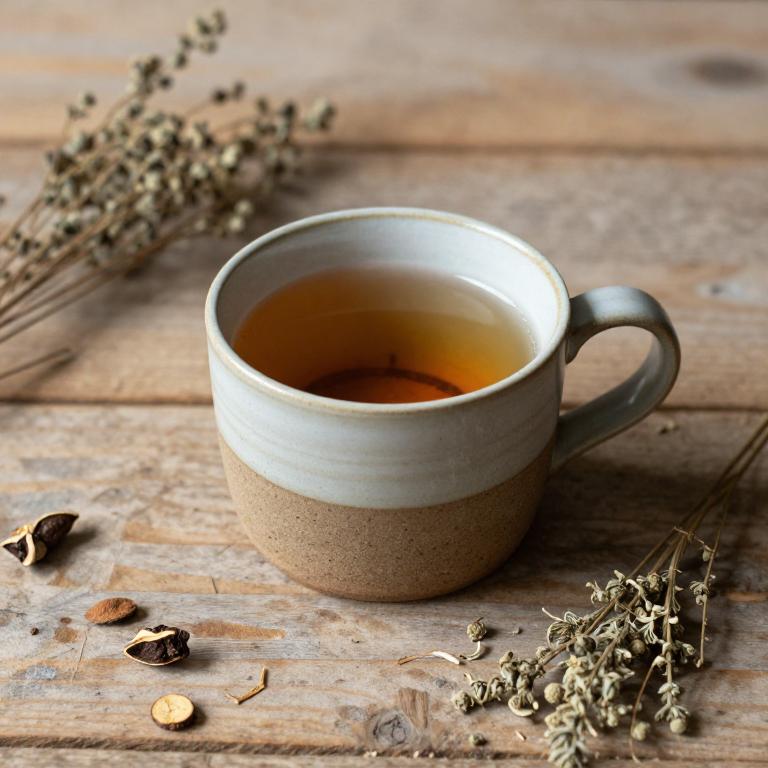
Cinnamomum verum herbal teas are used to promote digestive health by stimulating the digestive system and reducing bloating.
They are also known to help regulate blood sugar levels, making them beneficial for individuals with diabetes or those at risk of developing the condition. Additionally, these teas have calming properties that can aid in reducing stress and improving sleep quality. The antioxidants present in cinnamomum verum contribute to its ability to support heart health and reduce inflammation in the body.
Overall, the combination of these benefits makes cinnamomum verum herbal teas a valuable natural remedy for a variety of health concerns.
23. Black pepper (Piper nigrum)
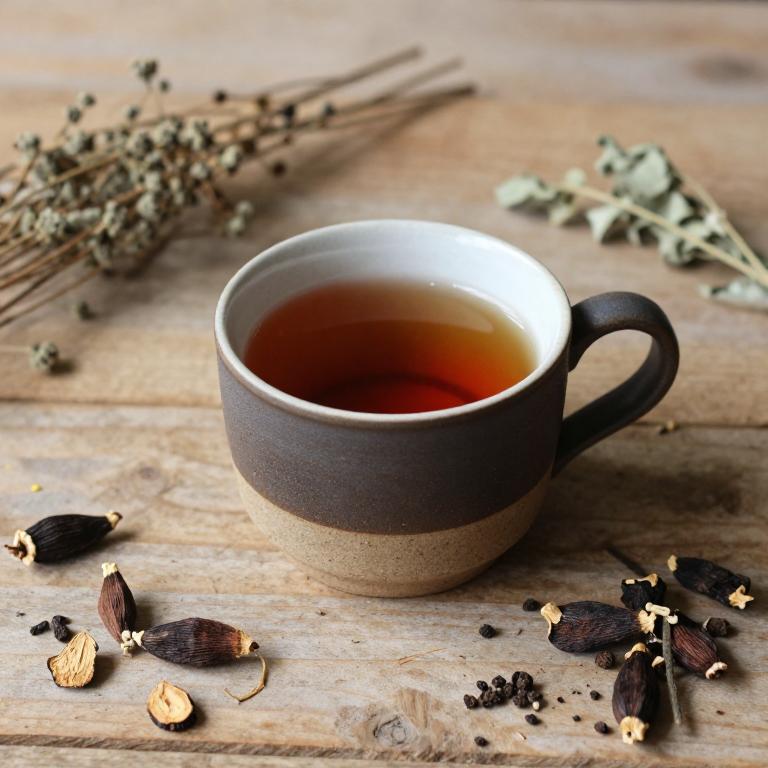
Piper nigrum herbal teas are used to support digestive health due to their anti-inflammatory and carminative properties.
These teas can help alleviate symptoms of indigestion, bloating, and gas by stimulating the digestive system and reducing intestinal discomfort. Additionally, they are known to promote relaxation and reduce stress, making them beneficial for overall well-being. The warming effect of black pepper, derived from piper nigrum, can also aid in improving circulation and enhancing metabolic function.
Because of these multiple benefits, piper nigrum herbal teas are a popular choice for those seeking natural remedies for common ailments.
24. German chamomile (Chamomilla recutita)
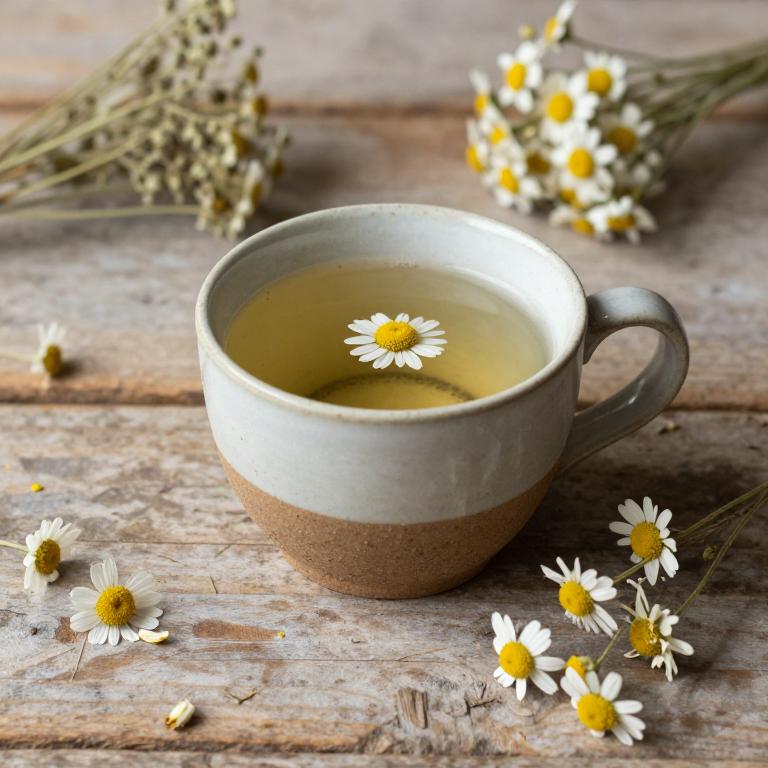
Chamomilla recutita herbal teas are used to promote relaxation and ease digestive discomfort.
These teas are commonly consumed to alleviate symptoms of anxiety, insomnia, and stress due to their calming properties. They are also known for their anti-inflammatory and antispasmodic effects, which can help soothe stomach cramps and indigestion. The active compounds in chamomilla, such as apigenin, contribute to its soothing and healing properties.
Because of these benefits, chamomilla recutita herbal teas are a popular natural remedy for both physical and emotional well-being.
25. Aloe barbadensis
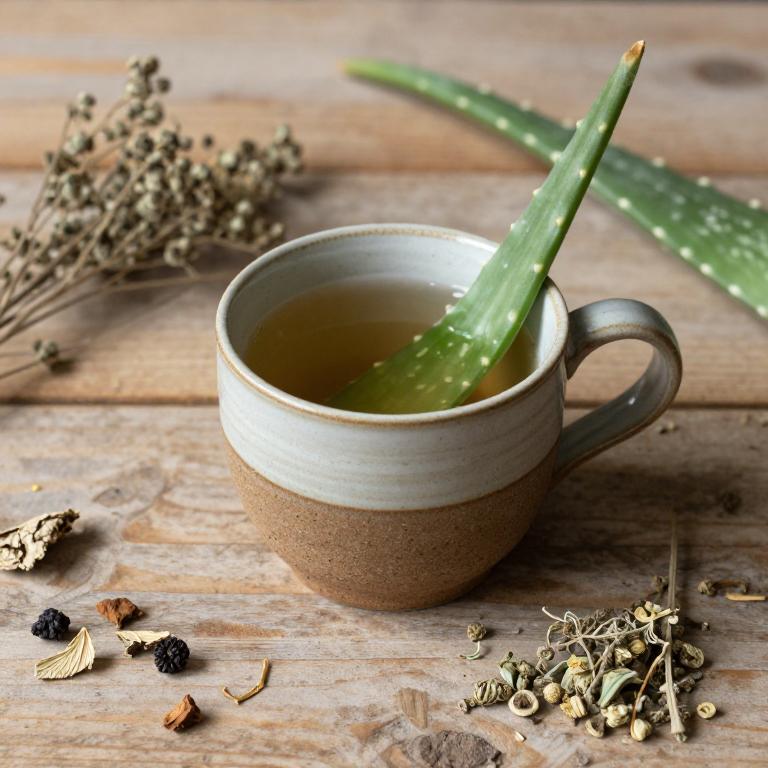
Aloe barbadensis herbal teas are used to promote digestive health by soothing the gastrointestinal tract and reducing inflammation.
These teas are also beneficial for skin health, as they can help with minor burns, irritations, and skin conditions due to their anti-inflammatory and antimicrobial properties. Additionally, aloe barbadensis herbal teas may support immune function by providing essential nutrients and antioxidants that help the body fight off infections. They are often consumed to alleviate symptoms of indigestion, bloating, and constipation due to their natural laxative effects.
Overall, the use of aloe barbadensis herbal teas is valued for their holistic benefits, combining internal wellness with external skincare advantages.
26. Black elderberry (Sambucus nigra)
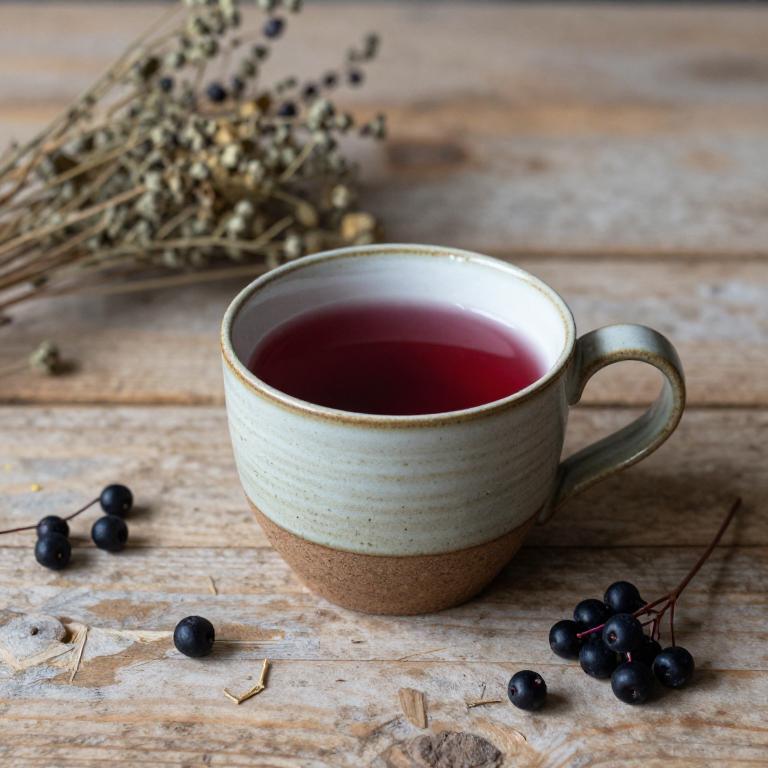
Sambucus nigra herbal teas are used to support immune function and alleviate symptoms of colds and flu due to their antiviral and anti-inflammatory properties.
These teas are also valued for their ability to reduce fever and soothe respiratory discomfort, making them a popular remedy during seasonal illnesses. Additionally, sambucus nigra is believed to help lower cholesterol levels and improve circulation, contributing to overall cardiovascular health. The plant's berries contain antioxidants that may protect cells from damage and promote longevity.
Because of these diverse benefits, sambucus nigra herbal teas are often recommended as a natural complement to conventional treatments for common ailments.
27. Ginkgo (Ginkgo biloba)
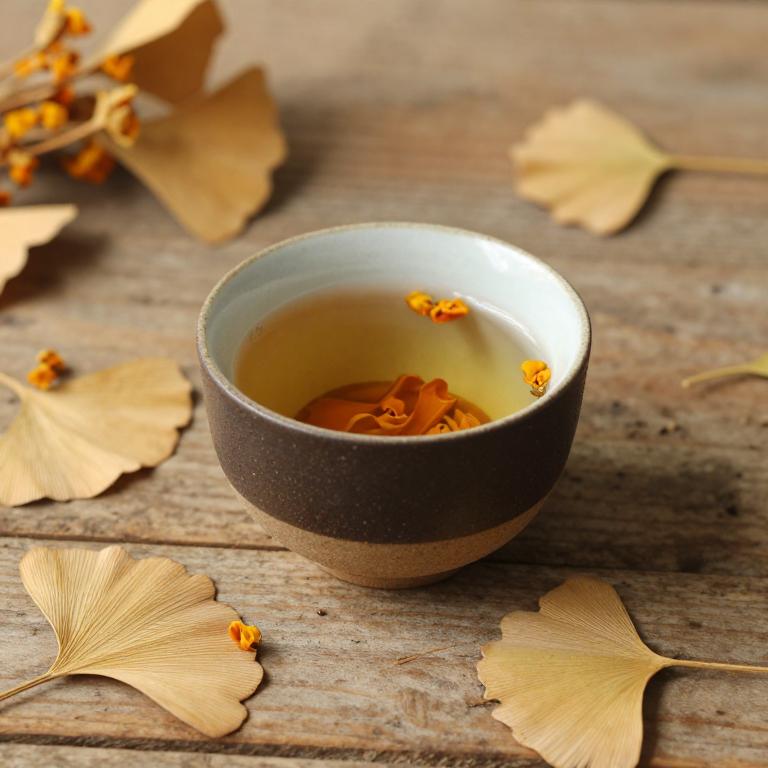
Ginkgo biloba herbal teas are used to improve cognitive function and enhance memory by increasing blood flow to the brain.
They are also known to support mental clarity and reduce symptoms of anxiety and depression due to their antioxidant properties. Additionally, these teas may help with circulation by dilating blood vessels and promoting better oxygenation of tissues. Some people use ginkgo biloba tea to alleviate symptoms of asthma and other respiratory conditions, as it can help relax airway muscles.
Overall, the various benefits of ginkgo biloba herbal teas make them a popular choice for those seeking natural support for mental and physical well-being.
28. Eucalyptus (Eucalyptus globulus)
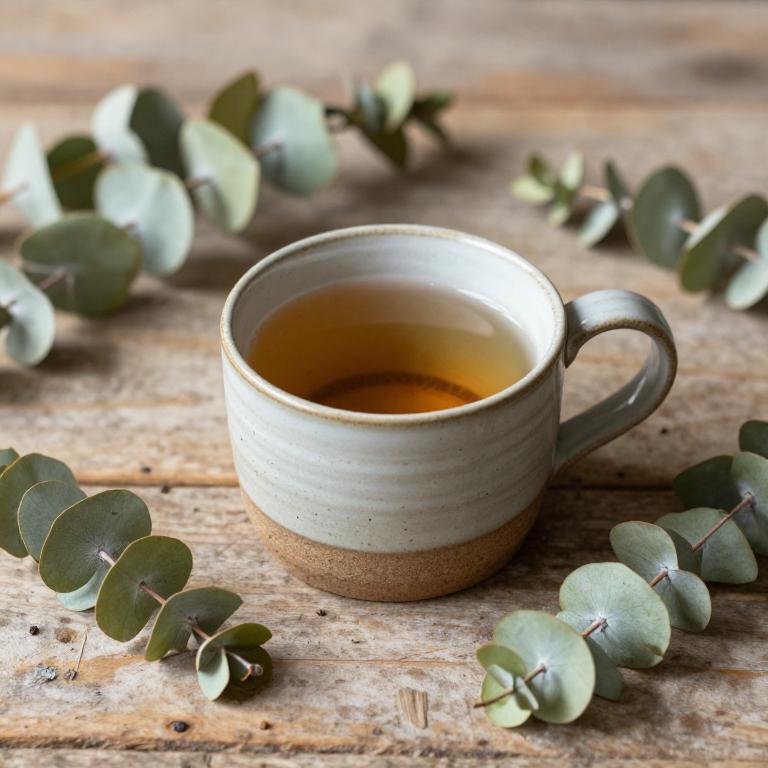
Eucalyptus globulus herbal teas are used to support respiratory health by helping to relieve symptoms of congestion, coughing, and bronchitis due to their expectorant and anti-inflammatory properties.
These teas can also aid in reducing fever and promoting sweating, making them beneficial for treating mild colds and flu. Additionally, they are known to have a calming effect on the nervous system, which can help alleviate stress and improve mental clarity. The essential oils in eucalyptus globulus, such as eucalyptol, contribute to their therapeutic effects by acting as a natural decongestant and antimicrobial agent.
Overall, these teas are valued for their ability to promote wellness and provide natural relief for a variety of common ailments.
29. Common grape (Vitis vinifera)
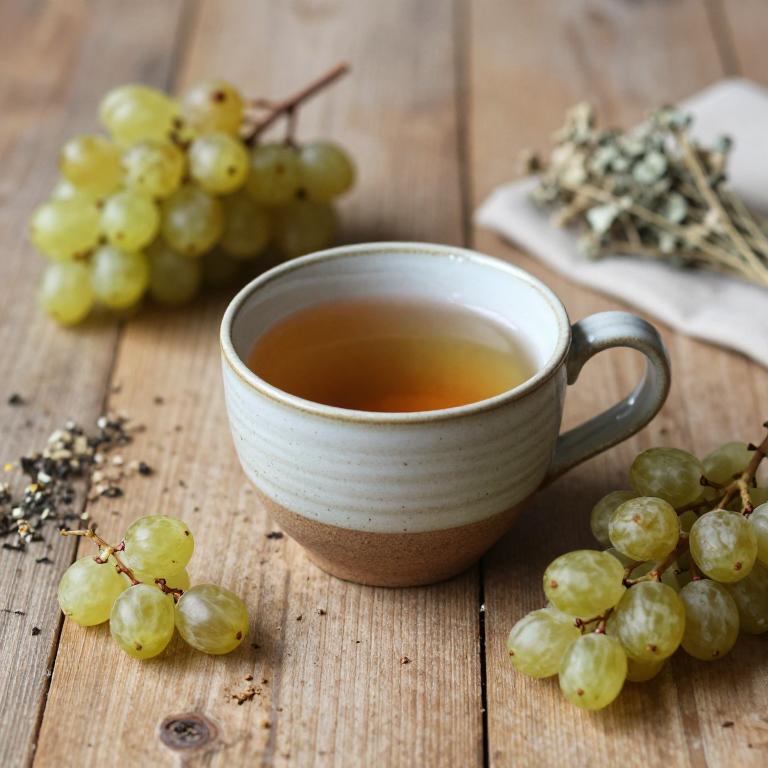
Vitis vinifera herbal teas are used to support digestive health by promoting regular bowel movements and reducing symptoms of indigestion.
These teas are also beneficial for managing stress and anxiety due to their calming properties, which can help soothe the nervous system. Additionally, they are known to enhance liver function by aiding in the detoxification process and supporting overall metabolic health. The antioxidants present in these teas contribute to their anti-inflammatory effects, making them useful in reducing oxidative stress in the body.
Overall, vitis vinifera herbal teas are valued for their holistic benefits, offering natural support for both physical and mental well-being.
30. Valerian (Valeriana officinalis)
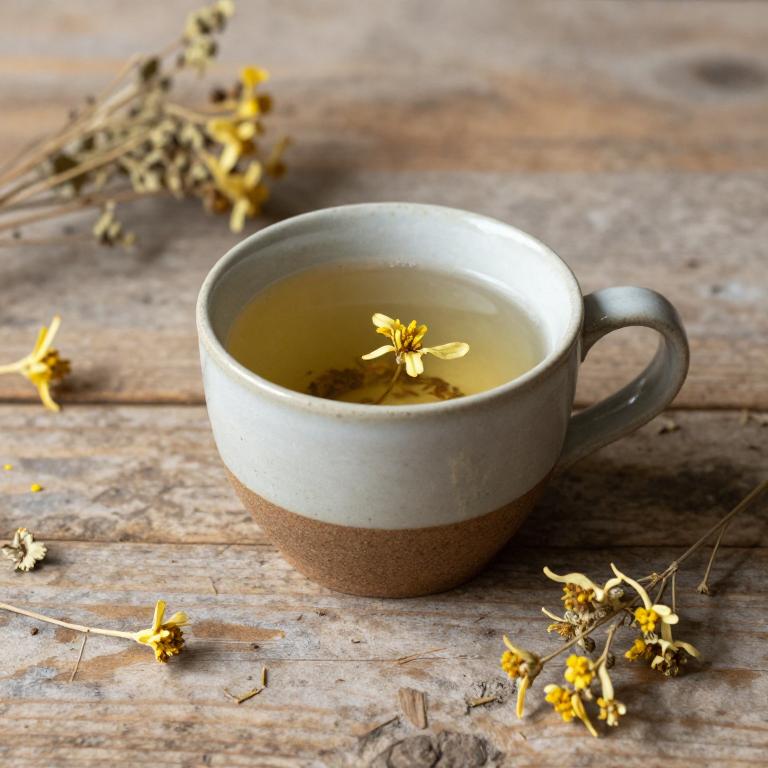
Valeriana officinalis herbal teas are used to promote relaxation and improve sleep quality by calming the nervous system.
These teas contain compounds like valerenic acid, which may help reduce anxiety and ease stress-related symptoms. They are often recommended for individuals suffering from insomnia or restless sleep due to their soothing effects. Additionally, valeriana officinalis is believed to support digestive health and alleviate symptoms of mild gastrointestinal discomfort.
Because of their natural calming properties, these teas are a popular alternative to pharmaceutical sedatives for those seeking a gentler approach to managing stress and sleep issues.
31. Anise (Pimpinella anisum)
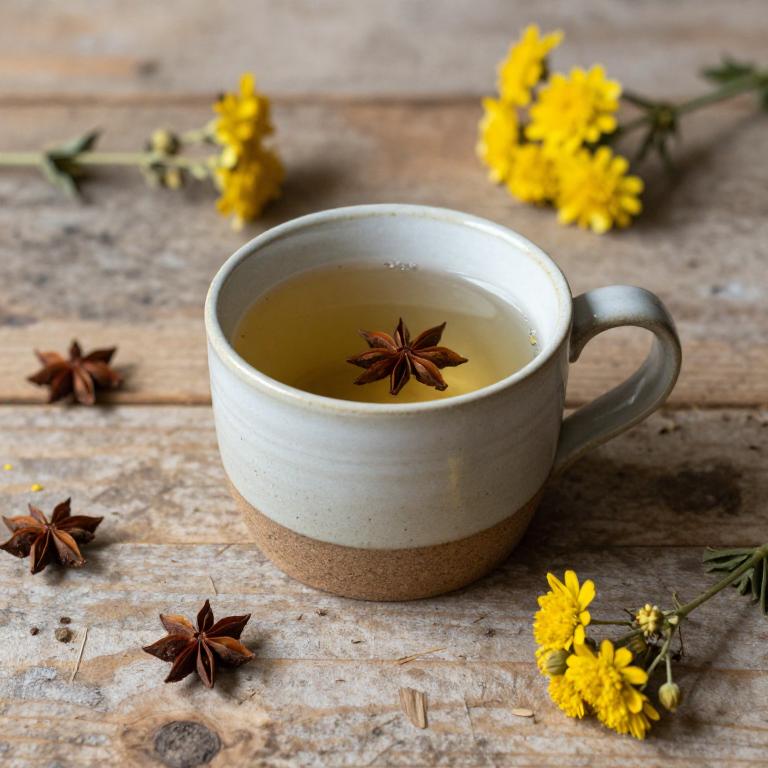
Pimpinella anisum herbal teas are used to soothe digestive discomfort and relieve symptoms of indigestion, bloating, and gas.
The tea is known for its calming effect on the gastrointestinal tract, making it a popular remedy for those suffering from stomach upset or nausea. It also helps in reducing inflammation and can be beneficial for individuals with respiratory issues like coughs or sore throats. The essential oils in anise contribute to its expectorant properties, aiding in clearing mucus from the lungs.
Overall, pimpinella anisum herbal teas are valued for their natural ability to support digestion, ease respiratory symptoms, and promote overall wellness.
32. Lemon balm (Melissa officinalis)
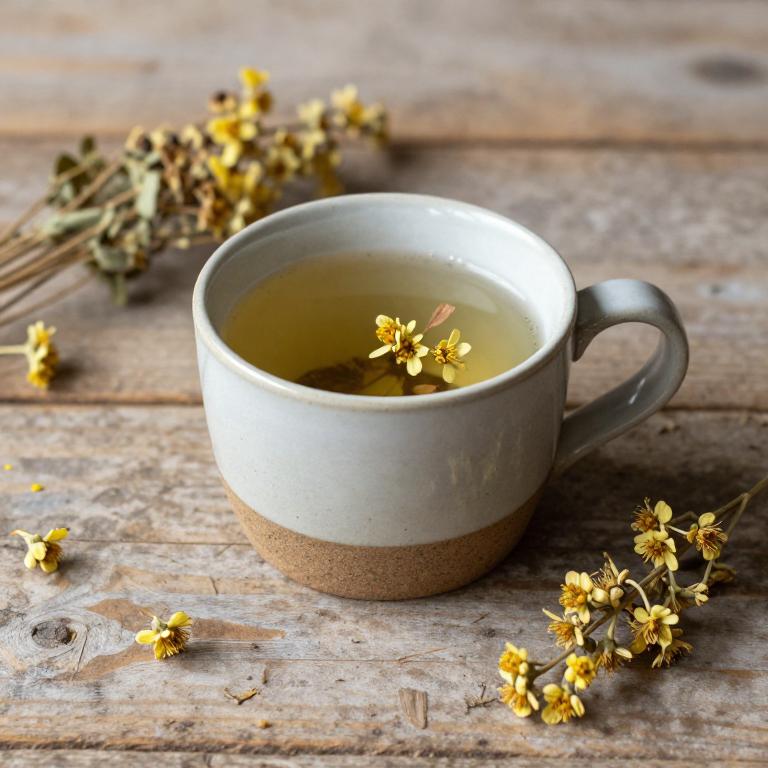
Melissa officinalis herbal teas are used to promote relaxation and reduce stress due to their calming properties.
They are also beneficial for improving mood and alleviating symptoms of anxiety and depression by supporting emotional well-being. The tea is known to aid in digestion by soothing the gastrointestinal tract and reducing bloating. Additionally, it can help in enhancing mental clarity and focus, making it a popular choice for students and professionals.
Overall, melissa officinalis herbal teas are valued for their natural ability to support both physical and mental health.
33. Heartworts (Leonurus cardiaca)
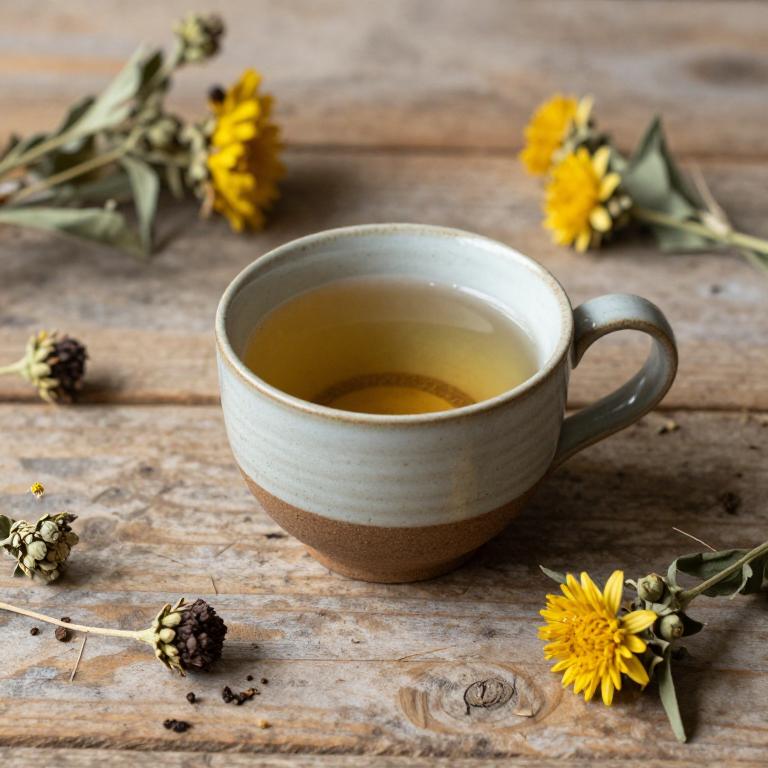
Leonurus cardiaca herbal teas are used to support cardiovascular health due to their rich content of bioactive compounds such as flavonoids and saponins, which may help strengthen heart function and improve blood circulation.
These teas are also believed to have calming effects, making them useful in reducing stress and anxiety, which can indirectly benefit heart health. Additionally, leonurus cardiaca is traditionally used to alleviate symptoms of menopause, such as hot flashes and mood swings, due to its phytoestrogenic properties. The herb's diuretic properties may also aid in reducing fluid retention and lowering blood pressure.
Overall, leonurus cardiaca herbal teas are valued for their potential to promote holistic well-being, particularly in supporting the cardiovascular system and managing hormonal imbalances.
34. Panax ginseng (Panax ginseng)
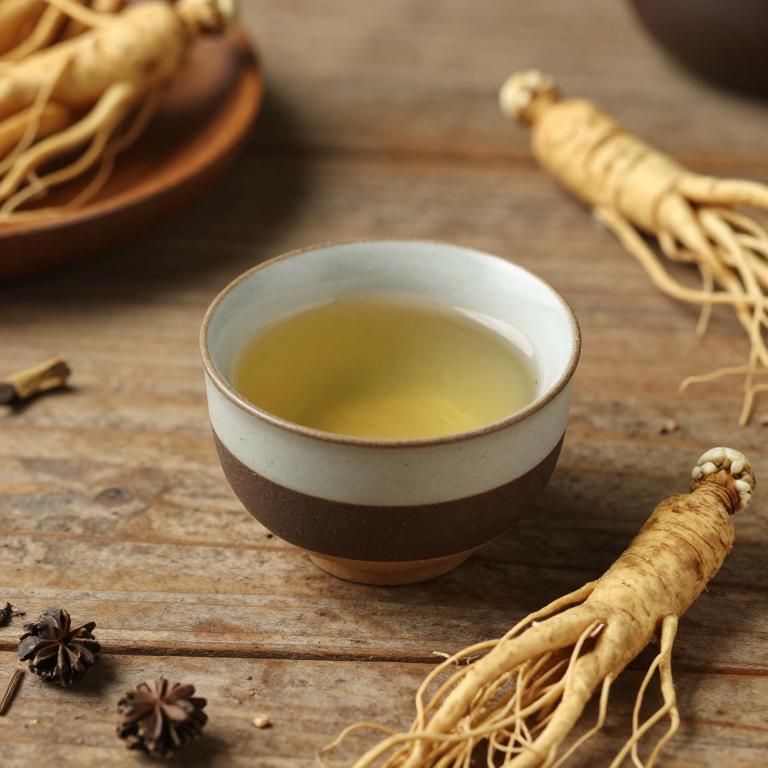
Panax ginseng herbal teas are used to enhance physical and mental performance by stimulating energy levels and improving focus.
They are commonly consumed to support immune function and reduce the severity of colds and flu due to their antioxidant and anti-inflammatory properties. These teas may also help in managing stress and anxiety by regulating the body's stress response and promoting emotional balance. Additionally, they are used to improve sexual health and vitality, particularly in traditional medicine practices.
Overall, panax ginseng herbal teas are valued for their holistic benefits, making them a popular choice for those seeking natural support for overall well-being.
35. Marigold (Calendula officinalis)
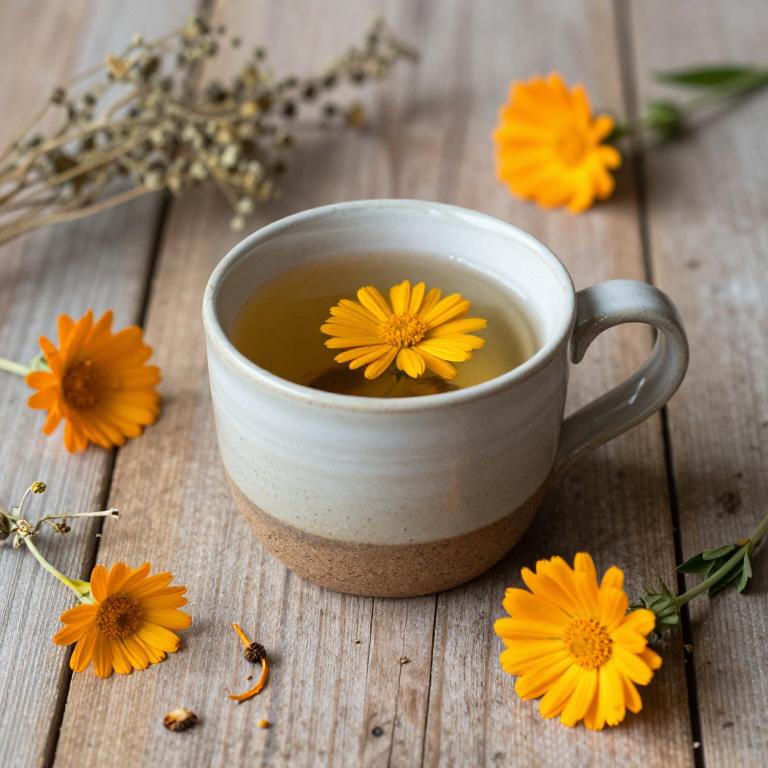
Calendula officinalis herbal teas are used to support digestive health by soothing the stomach and reducing inflammation in the gastrointestinal tract.
They are also commonly consumed to promote skin health due to their anti-inflammatory and antimicrobial properties, which can help with minor skin irritations and wounds. These teas are often recommended for their calming effects, as they may help reduce stress and promote relaxation. Additionally, calendula officinalis is believed to have antioxidant properties that may contribute to overall immune support.
Because of these benefits, calendula officinalis herbal teas are valued as a natural remedy for a variety of mild health concerns.
36. Lemon grass (Cymbopogon citratus)
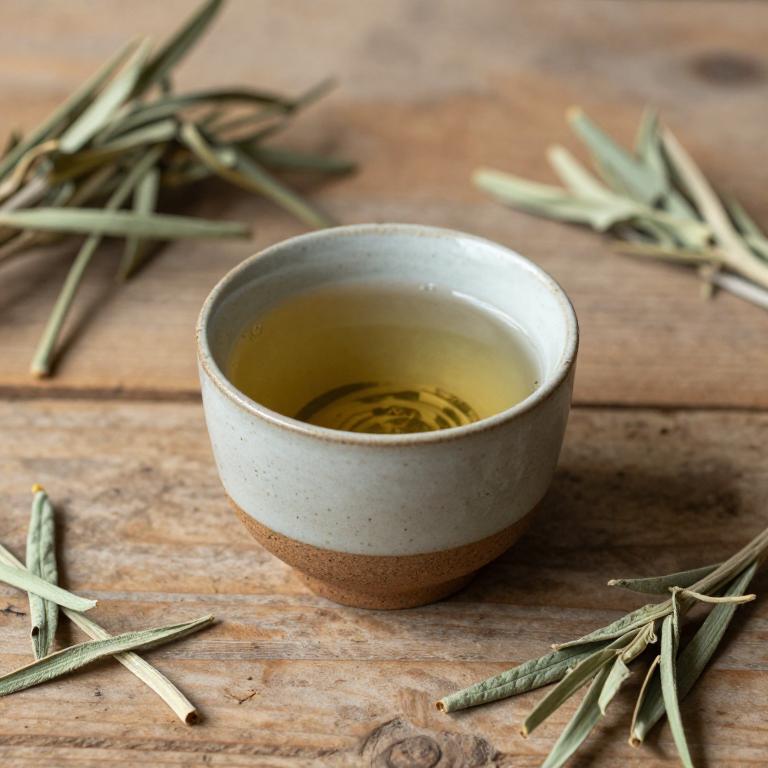
Cymbopogon citratus herbal teas are used to promote relaxation and reduce stress due to their calming properties.
These teas are often consumed to alleviate symptoms of anxiety and insomnia, as they contain compounds like linalool and geraniol that have soothing effects on the nervous system. Additionally, they are used to support digestive health by helping to ease nausea and bloating. The essential oils in cymbopogon citratus also possess antimicrobial properties, making these teas beneficial for boosting the immune system.
Overall, their versatility and natural therapeutic benefits make cymbopogon citratus herbal teas a popular choice for holistic wellness.
37. Black cohosh (Cimicifuga racemosa)
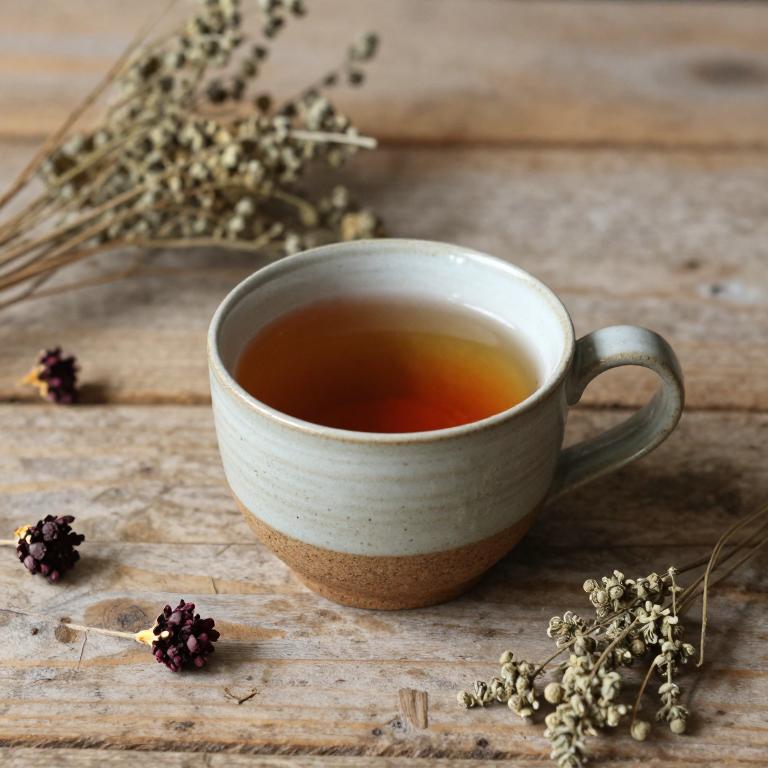
Cimicifuga racemosa herbal teas are used to support women's health, particularly in managing symptoms associated with menopause, such as hot flashes and night sweats.
They are also utilized to alleviate menstrual cramps and hormonal imbalances due to their phytoestrogen content, which may help regulate estrogen levels in the body. These teas are valued for their potential to reduce stress and anxiety, promoting overall emotional well-being. Additionally, they are sometimes used to enhance vitality and energy, making them a popular choice for those seeking natural remedies for fatigue.
Their long history in traditional medicine underscores their significance in both holistic and modern wellness practices.
38. White water lily (Nymphaea alba)
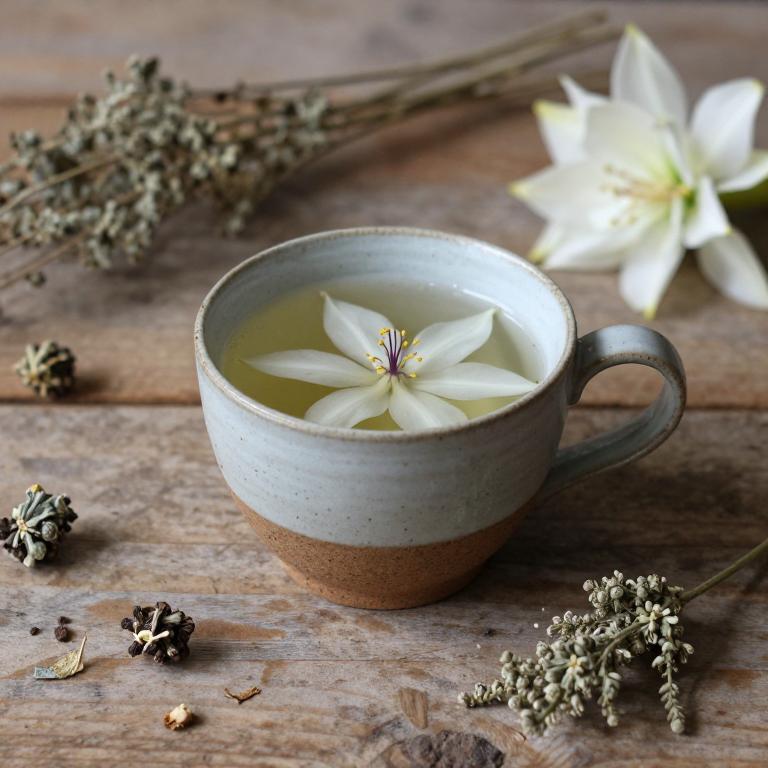
Nymphaea alba herbal teas are used to promote relaxation and reduce stress due to their calming properties.
These teas are often consumed to support emotional well-being and help alleviate symptoms of anxiety and insomnia. The plant, known as the white water lily, contains compounds that may help soothe the nervous system and improve sleep quality. Additionally, nymphaea alba herbal teas are believed to have mild diuretic effects, aiding in the removal of toxins from the body.
Their gentle nature makes them a popular choice for those seeking natural remedies for everyday wellness.
39. Maypop (Passiflora incarnata)
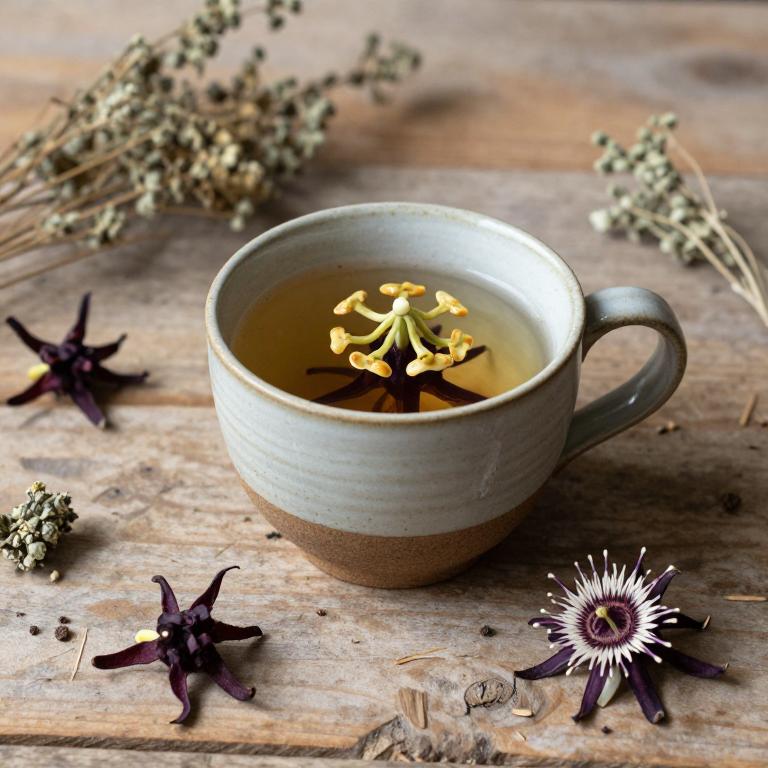
Passiflora incarnata herbal teas are used to promote relaxation and reduce anxiety due to their calming properties.
These teas contain compounds that may help regulate the nervous system, making them beneficial for individuals experiencing stress or insomnia. They are also used to support sleep quality by easing restlessness and encouraging a sense of peace. Additionally, passiflora incarnata is sometimes incorporated into herbal remedies for its potential mood-enhancing effects.
Its natural sedative qualities make it a popular choice for those seeking a gentle, plant-based approach to managing emotional well-being.
40. European plum (Prunus domestica)

Prunus domestica herbal teas are used to support digestive health due to their high content of fiber and antioxidants, which can help ease digestion and promote regularity.
These teas are also known to alleviate symptoms of mild inflammation, making them beneficial for individuals suffering from conditions like irritable bowel syndrome. Additionally, prunus domestica herbal teas may contribute to immune system support by providing essential nutrients and phytochemicals. Their mild flavor makes them a pleasant option for daily consumption, aiding in overall wellness.
Because of their natural properties, these teas are often recommended as a gentle and effective alternative to pharmaceuticals for managing various health concerns.
41. Ceylon cinnamon (Cinnamomum zeylanicum)
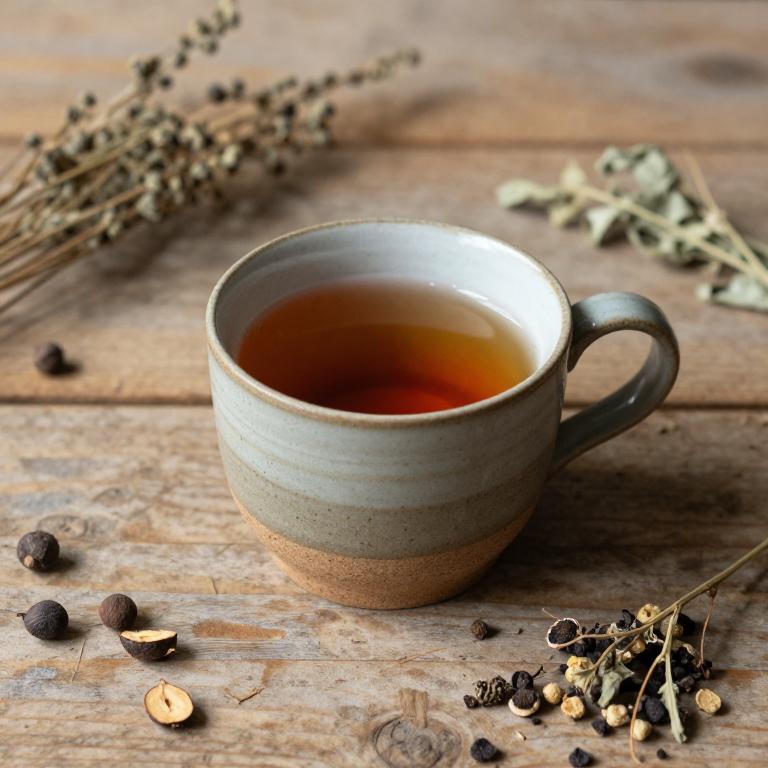
Cinnamomum zeylanicum herbal teas are used to promote digestive health by soothing the gastrointestinal tract and reducing symptoms of indigestion.
They are also known to help regulate blood sugar levels, making them beneficial for individuals with diabetes or those at risk of developing the condition. Additionally, these teas have calming properties that can aid in reducing stress and improving sleep quality. The antioxidants present in cinnamon tea contribute to its anti-inflammatory effects, supporting overall immune function.
Due to these diverse benefits, cinnamomum zeylanicum herbal teas are increasingly popular as a natural remedy for enhancing wellness and supporting daily health.
42. Oregano (Origanum vulgare)
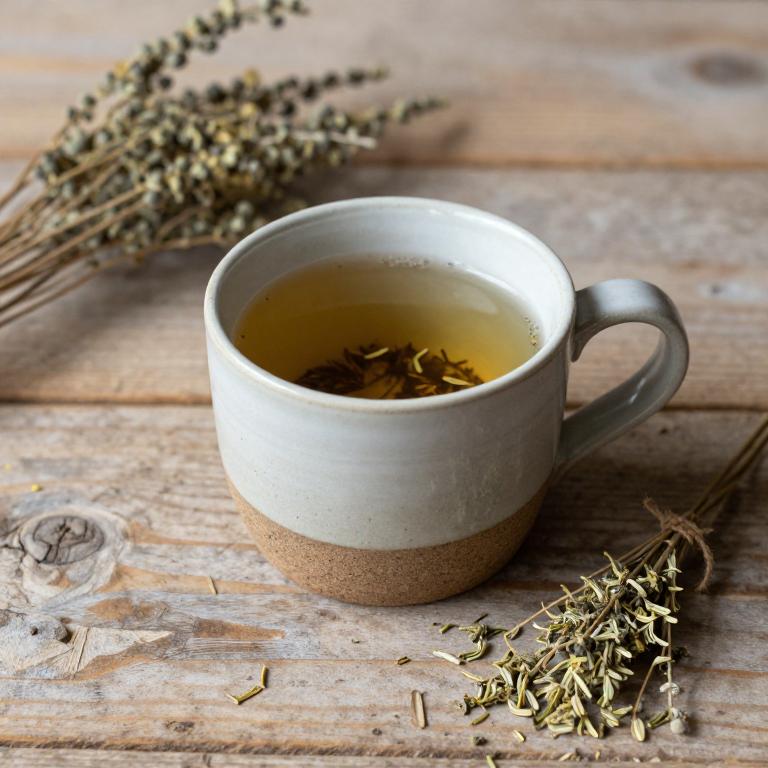
Origanim vulgare herbal teas are used to support digestive health by easing bloating, gas, and indigestion due to their carminative properties.
They are also commonly consumed to alleviate mild respiratory symptoms such as coughs and sore throats because of their antimicrobial and anti-inflammatory effects. The tea is known to have calming effects, making it a popular choice for reducing stress and promoting relaxation. Additionally, origanum vulgare is rich in antioxidants, which help protect the body from oxidative stress and support overall immune function.
These benefits make origanum vulgare a versatile and widely appreciated herbal remedy in both traditional and modern wellness practices.
43. Golden root (Rhodiola rosea)
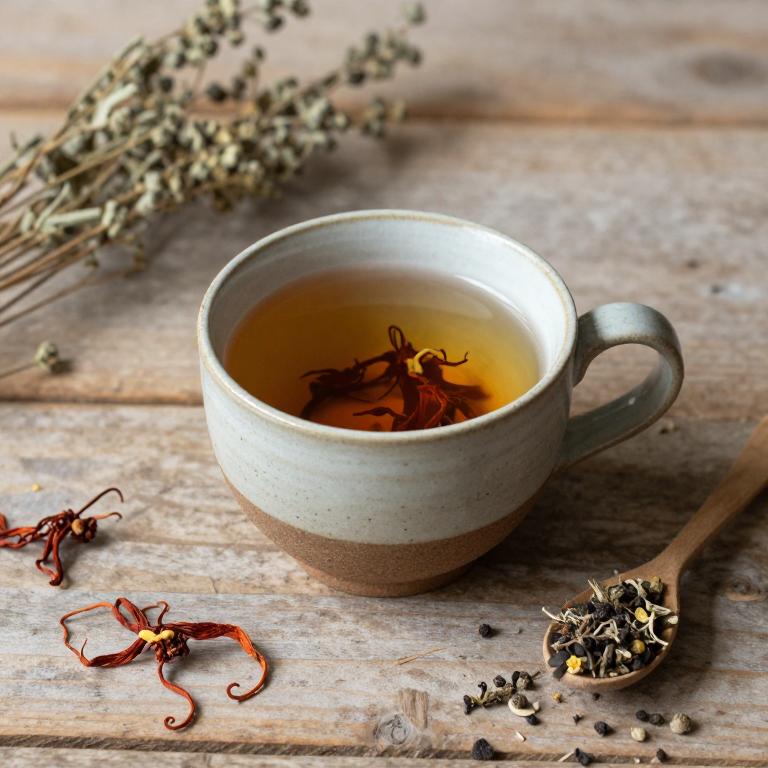
Rhodiola rosea herbal teas are used to enhance physical and mental performance by increasing energy levels and reducing fatigue.
They are particularly beneficial for individuals experiencing stress or burnout, as they help the body adapt to physical and emotional challenges. The active compounds in rhodiola rosea, such as rosavins and salidrosides, support the adrenal glands and improve resistance to stress. These teas are also known to promote cognitive function, making them popular among students and professionals seeking mental clarity.
Overall, rhodiola rosea herbal teas are valued for their adaptogenic properties, which help the body maintain balance and resilience in the face of modern life's demands.
44. Kava (Piper methysticum)
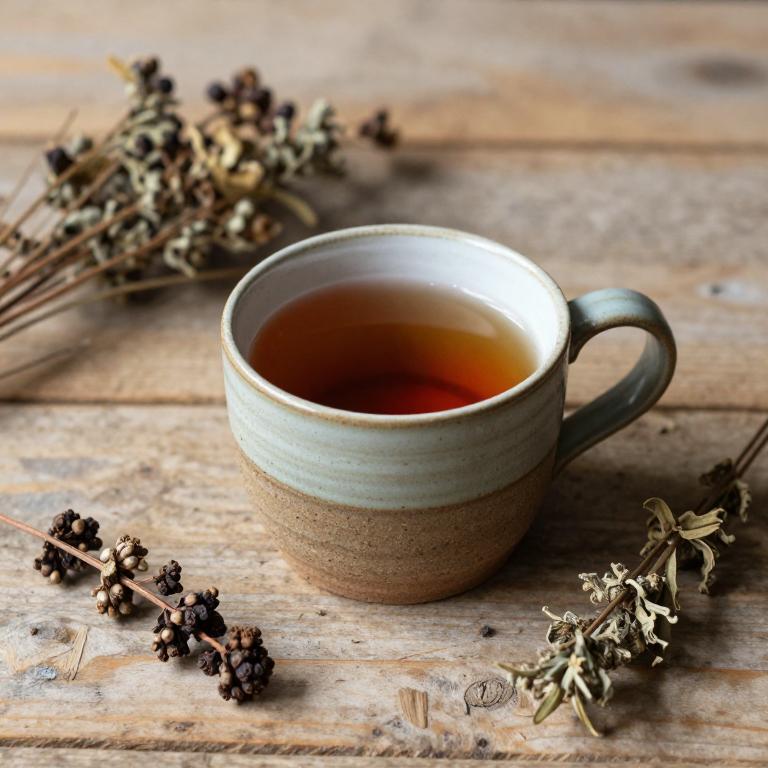
Piper methysticum herbal teas are used to promote relaxation and reduce stress by calming the nervous system.
These teas, derived from the kava plant, contain compounds that interact with the brain to produce a soothing effect without causing drowsiness. They are also used to alleviate anxiety and improve mood by enhancing feelings of well-being and social interaction. In traditional Polynesian cultures, kava tea has been a ceremonial drink used to foster community and ease tensions during gatherings.
Due to its natural calming properties, it is increasingly popular as a herbal alternative to pharmaceutical sedatives.
45. Ashwagandha (Withania somnifera)
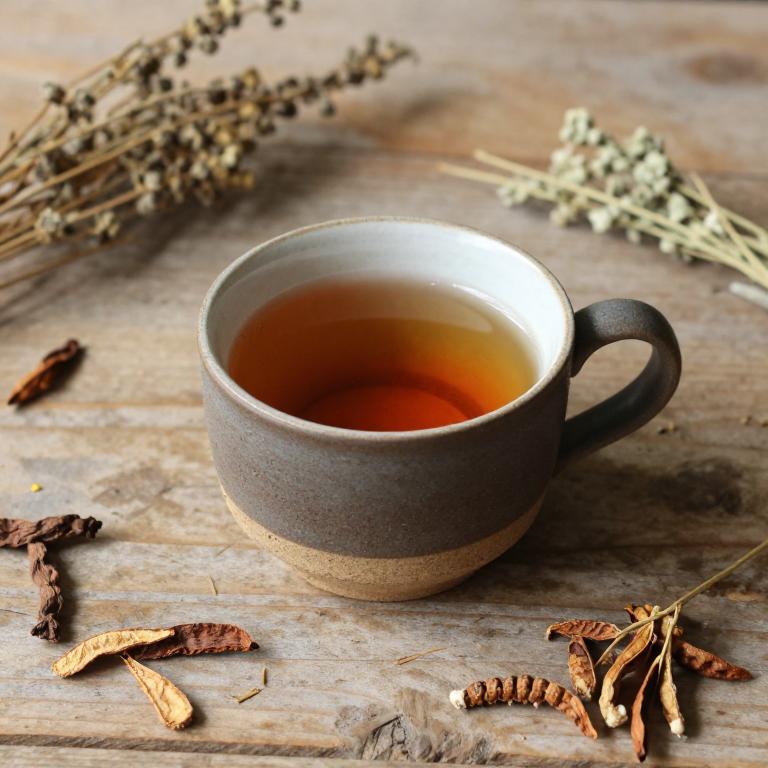
Withania somnifera herbal teas are used to promote relaxation and reduce stress due to their adaptogenic properties that help the body manage stress more effectively.
These teas are also beneficial for improving sleep quality by calming the nervous system and encouraging a restful night's sleep. Additionally, they are used to support overall vitality and energy levels, making them a popular choice for those seeking natural wellness. The presence of bioactive compounds like alkaloids and steroidal lactones contributes to their therapeutic effects.
Because of these benefits, Withania somnifera herbal teas are increasingly sought after for their holistic approach to health and well-being.
46. Horse radish (Cnidium monnieri)
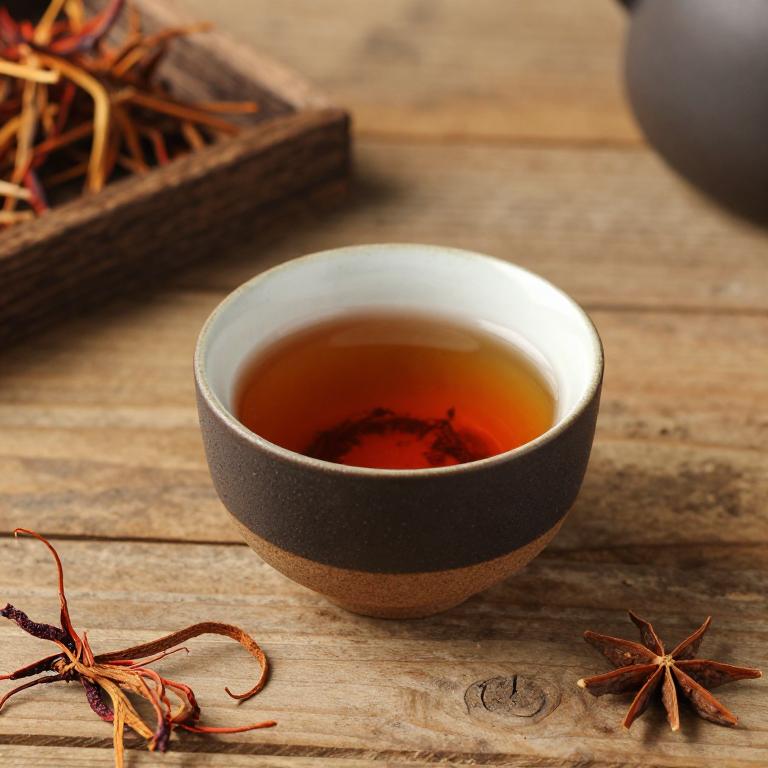
Cnidium monnieri herbal teas are used to support kidney health and enhance overall urinary function due to their diuretic properties.
These teas are also valued for their potential to improve circulation and reduce inflammation, making them beneficial for individuals with circulatory issues. In traditional medicine, they are often used to alleviate symptoms of arthritis and other inflammatory conditions. The presence of compounds like alkaloids and flavonoids contributes to their therapeutic effects.
Overall, cnidium monnieri herbal teas are considered a natural remedy for promoting detoxification and maintaining internal balance in the body.
47. Black cumin (Nigella sativa)
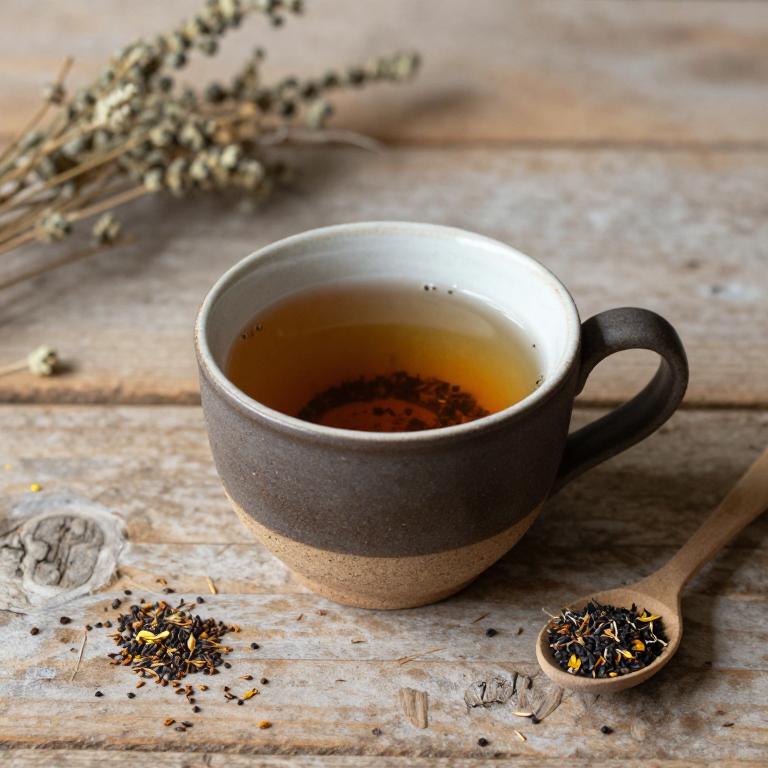
Nigella sativa herbal teas are used to support digestive health by promoting the secretion of digestive enzymes and reducing bloating and indigestion.
They are also utilized to enhance immune function due to their high concentration of thymoquinone, a compound known for its antioxidant and anti-inflammatory properties. These teas may aid in respiratory health by alleviating symptoms of coughs and asthma, thanks to their bronchodilating effects. Additionally, they are consumed to manage stress and improve sleep quality because of their calming influence on the nervous system.
Overall, nigella sativa herbal teas are valued for their wide-ranging health benefits, making them a popular choice in traditional and modern wellness practices.
48. Common mallow (Symphytum officinale)
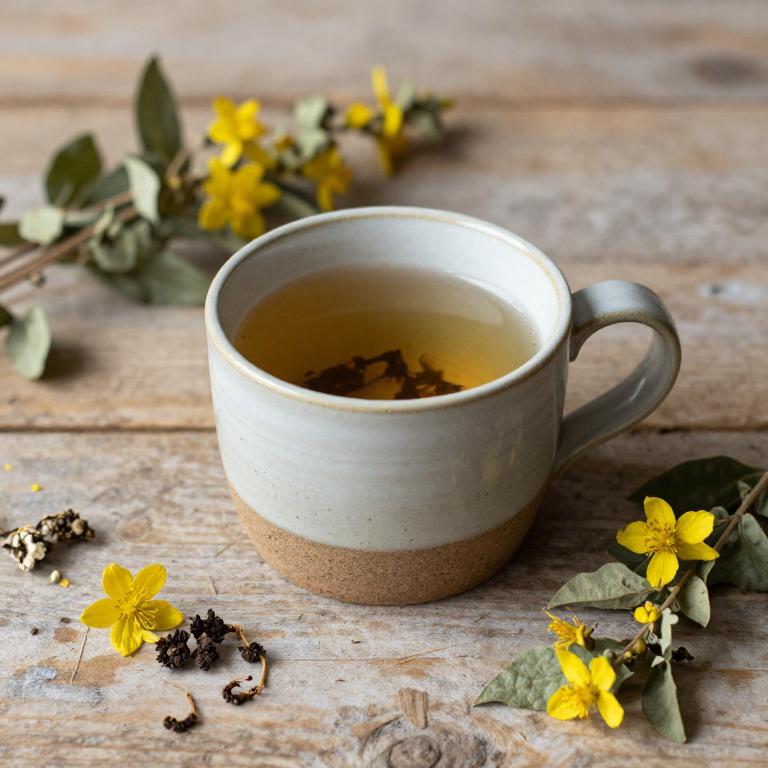
Symphytum officinale herbal teas are used to support bone health and alleviate pain associated with injuries or fractures.
The plant contains compounds like allantoin and mucilage, which are believed to promote tissue repair and reduce inflammation. These teas may also aid in digestive health by soothing the lining of the stomach and intestines. Additionally, they are sometimes used to address skin conditions due to their anti-inflammatory properties.
Overall, the use of symphytum officinale herbal teas is rooted in its traditional healing properties and its potential to support both internal and external bodily functions.
49. Puncture vine (Tribulus terrestris)
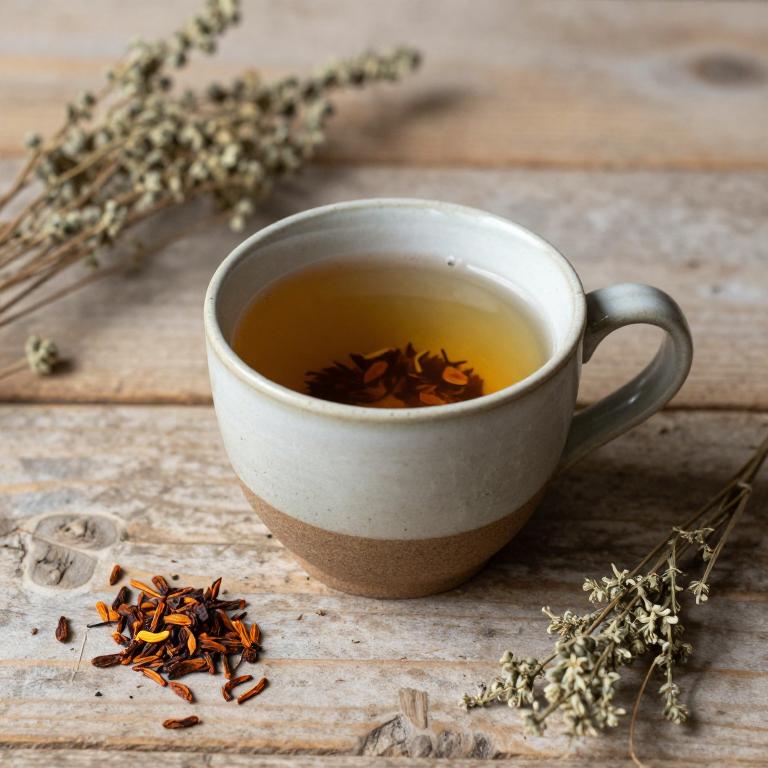
Tribulus terrestris herbal teas are used to enhance physical performance and support sexual health due to their rich content of bioactive compounds.
These teas are believed to stimulate the production of testosterone, which can improve muscle strength and endurance. They are also commonly consumed to boost energy levels and reduce fatigue, making them popular among athletes and individuals seeking natural vitality. Additionally, tribulus terrestris may help in managing stress and improving overall well-being by supporting hormonal balance.
Its traditional use in herbal medicine highlights its potential as a natural supplement for various health benefits.
50. Tongkat ali (Eurycoma longifolia)
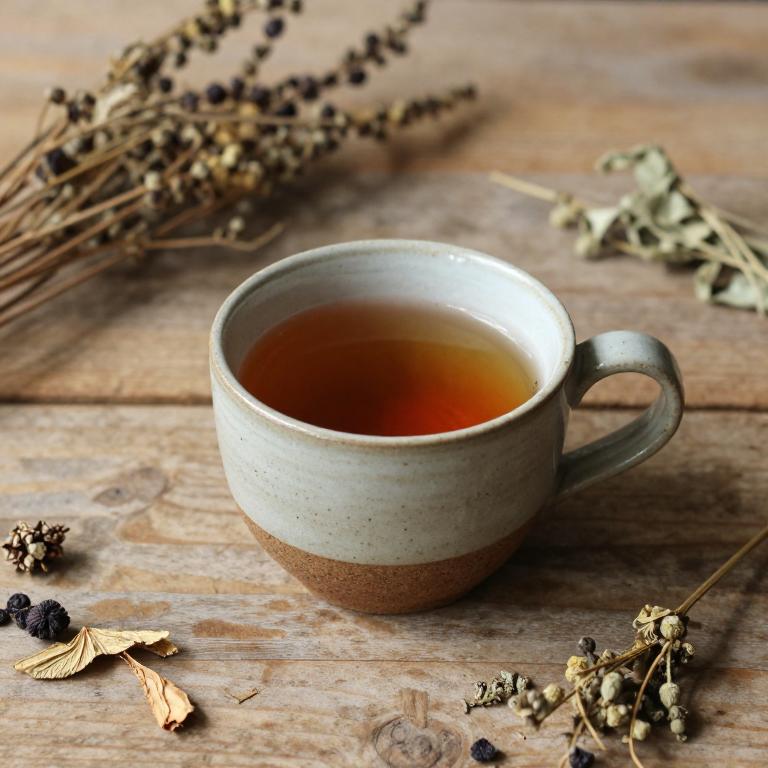
Eurycoma longifolia herbal teas are used to enhance vitality and support overall well-being.
They are particularly valued for their potential to boost energy levels and improve physical performance, making them popular among athletes and individuals with demanding lifestyles. The tea is also believed to have aphrodisiac properties, which may help in enhancing sexual health and libido. Additionally, it is used to support immune function and reduce stress, contributing to better mental and physical health.
These benefits are attributed to the presence of bioactive compounds such as alkaloids and flavonoids, which have antioxidant and anti-inflammatory effects.
51. Bacopa (Bacopa monnieri)
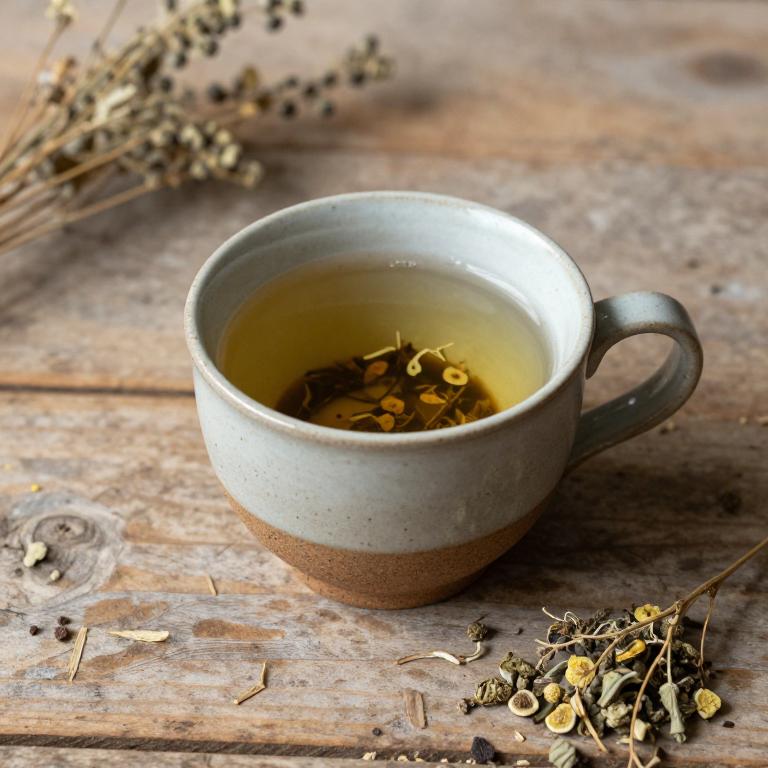
Bacopa monnieri herbal teas are used to enhance cognitive function and memory retention, making them popular among students and professionals seeking mental clarity.
The active compounds in bacopa, such as bacosides, are believed to support neural communication and protect brain cells from oxidative stress. These teas are also known to reduce anxiety and stress, promoting a sense of calm and emotional balance. Additionally, bacopa monnieri is traditionally used in Ayurvedic medicine to improve concentration and support overall brain health.
Its adaptogenic properties make it a versatile herbal remedy for those looking to boost mental performance and emotional well-being.
52. Melaleuca (Melaleuca alternifolia)
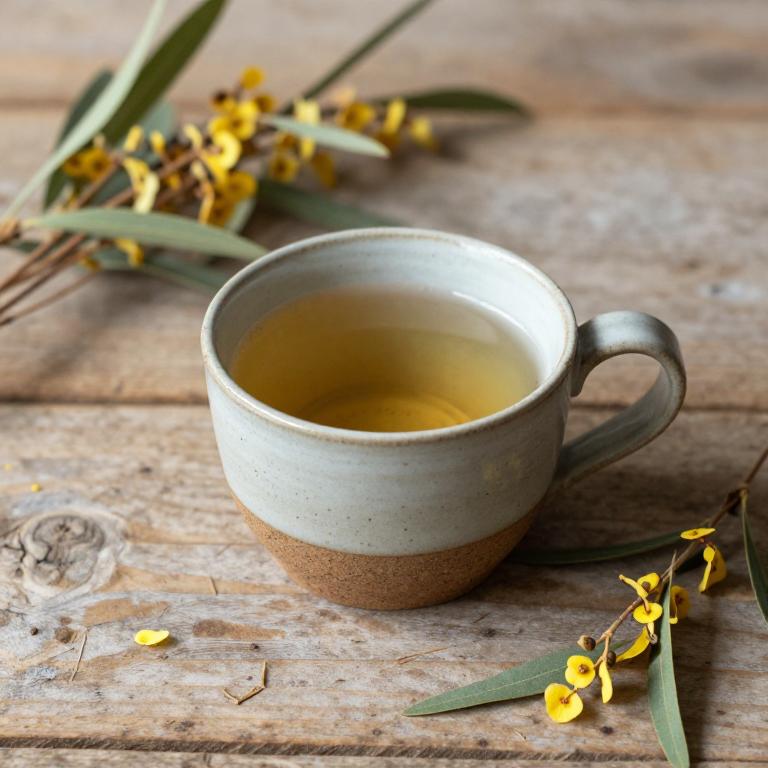
Melaleuca alternifolia herbal teas are used to support respiratory health by helping to alleviate symptoms of colds, coughs, and sore throats due to their antimicrobial and anti-inflammatory properties.
These teas are also commonly consumed to promote digestion and ease gastrointestinal discomfort, as they contain compounds that can soothe the digestive tract. Additionally, melaleuca alternifolia is valued for its potential to reduce inflammation and support immune function, making it a popular choice during seasonal changes or when the body is under stress. The essential oil of the plant, often used in the tea, is known for its ability to help clear nasal congestion and improve overall airway health.
Because of these benefits, melaleuca alternifolia herbal teas are increasingly embraced as a natural remedy for a variety of common health concerns.
53. Polium germander (Teucrium polium)
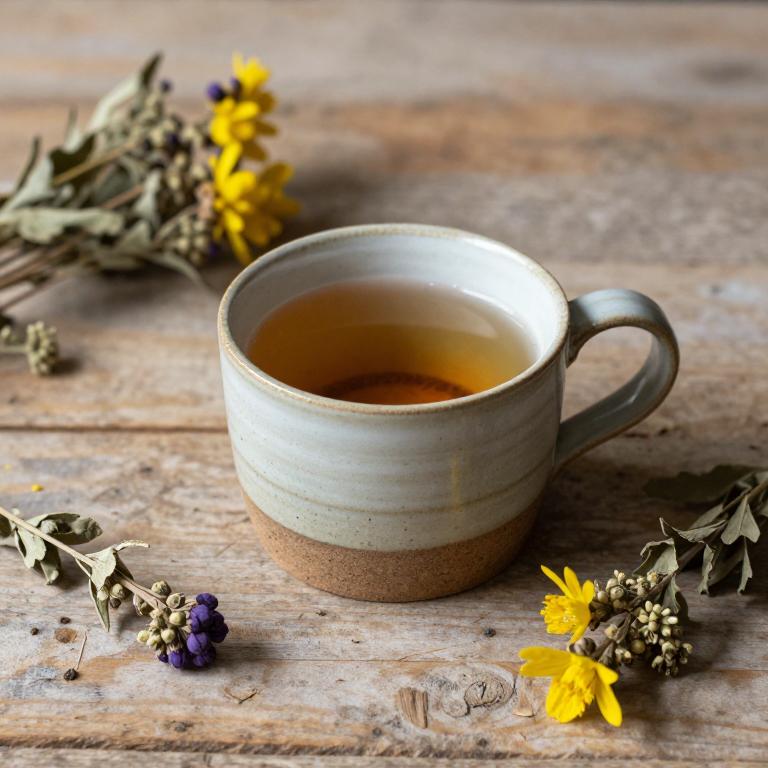
Teucrium polium herbal teas are used to support digestive health by soothing the gastrointestinal tract and reducing symptoms of indigestion and bloating.
They are also valued for their calming properties, making them a popular remedy for stress and anxiety. The tea's anti-inflammatory effects can help alleviate respiratory issues such as coughs and bronchitis. Additionally, it is often consumed to promote detoxification and enhance liver function.
Due to its rich content of antioxidants and essential oils, teucrium polium herbal tea is increasingly recognized for its potential role in boosting overall immunity and wellness.
54. Sutherlandia frutescens
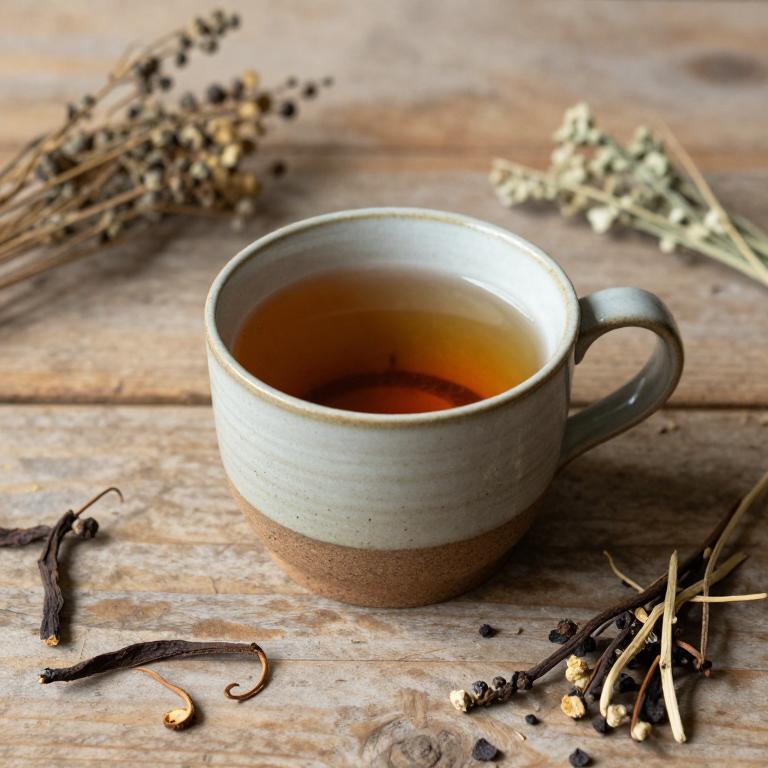
Sutherlandia frutescens herbal teas are used to support immune system function and promote overall wellness.
This traditional South African herb is often consumed to alleviate symptoms of stress and fatigue, making it popular among individuals seeking natural remedies for energy enhancement. Its purported benefits include aiding in the treatment of cancer-related symptoms, though scientific evidence remains limited. The tea is also believed to have anti-inflammatory and antioxidant properties that contribute to its therapeutic value.
Due to its mild nature and long history of use in traditional medicine, it is increasingly sought after as a complementary therapy in holistic health practices.
55. Maca (Lepidium meyenii)
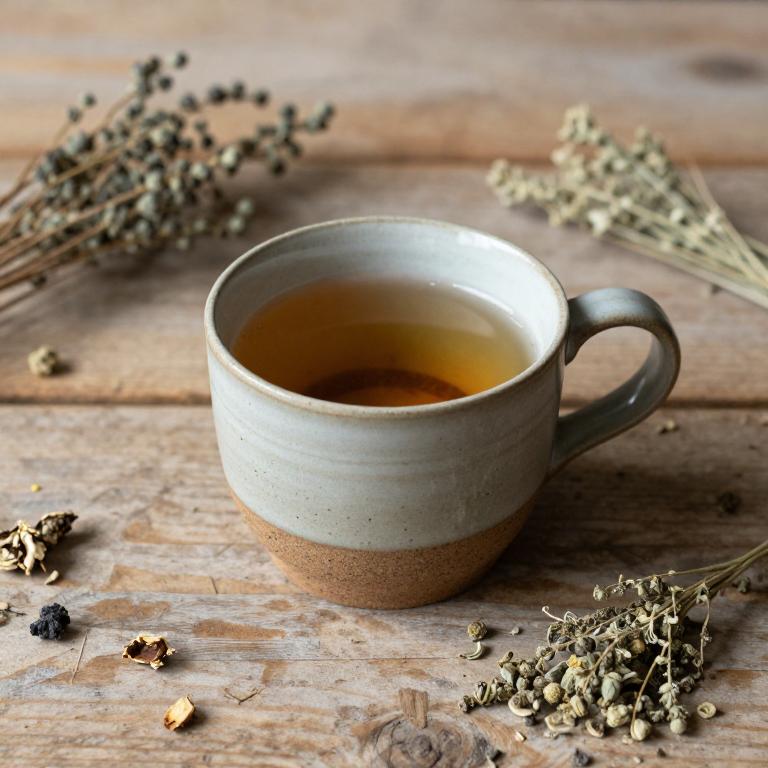
Lepidium meyenii herbal teas are used to support digestive health and alleviate gastrointestinal discomfort.
These teas are believed to aid in reducing bloating, indigestion, and other digestive issues due to their mild laxative properties. The plant, commonly known as maca, is also thought to enhance energy levels and improve mood by balancing hormonal functions. Its traditional use in South American medicine highlights its role in promoting overall well-being.
The combination of these benefits makes lepidium meyenii herbal teas a popular choice for those seeking natural remedies for both physical and mental wellness.
56. Velvet bean (Mucuna pruriens)
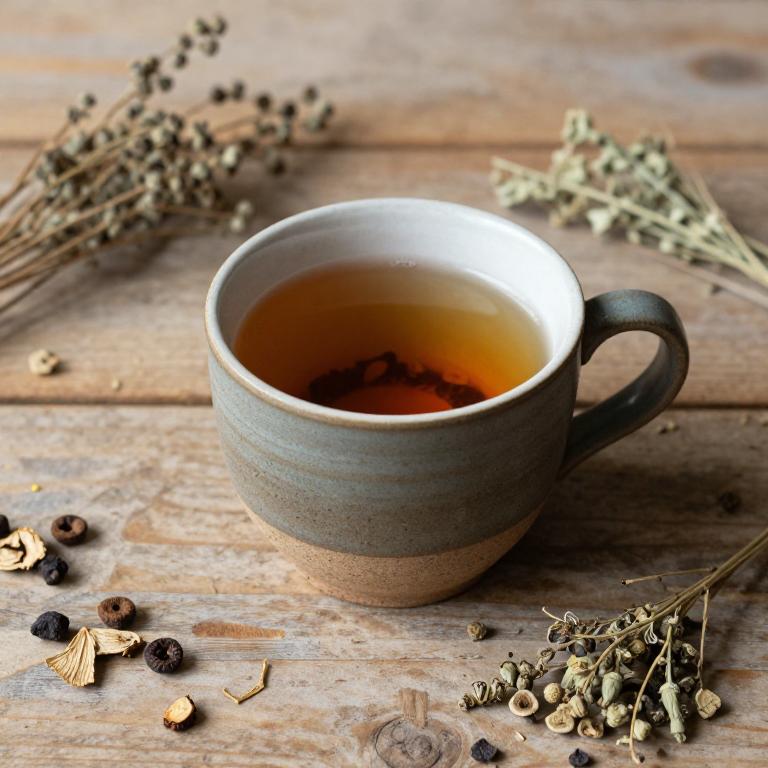
Mucuna pruriens herbal teas are used to enhance libido and sexual health due to their high concentration of L-DOPA, a precursor to dopamine, which can improve mood and energy levels.
They are also utilized to support mental clarity and cognitive function, as the compound may help in reducing stress and improving focus. Additionally, these teas are believed to aid in muscle development and physical performance, making them popular among athletes and fitness enthusiasts. The herbal tea is also consumed for its potential to alleviate symptoms of depression and anxiety by promoting a sense of well-being.
Overall, mucuna pruriens herbal teas are valued for their holistic benefits, combining physical, mental, and emotional wellness.
57. Hemp (Cannabis sativa)
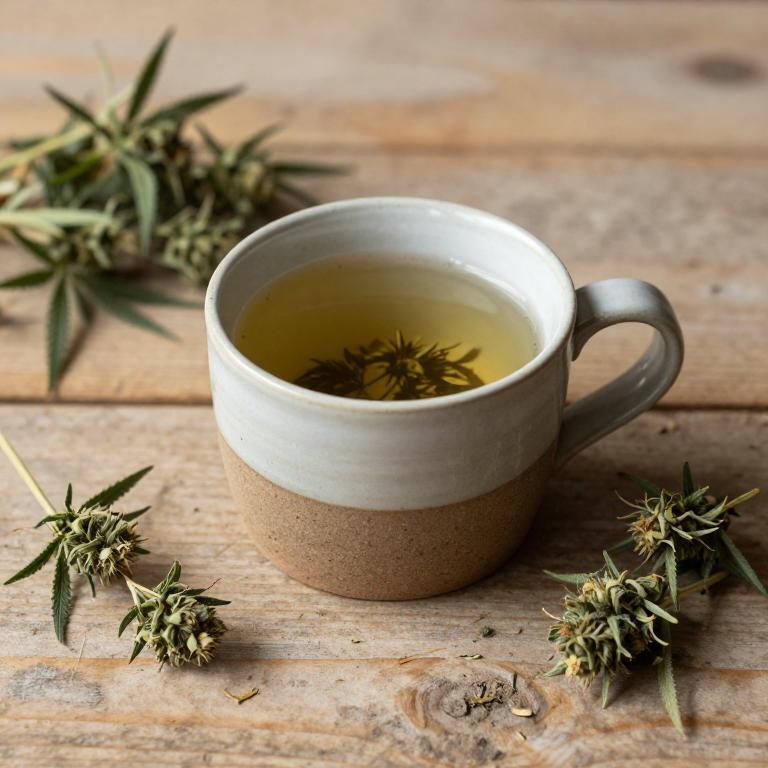
Cannabis sativa herbal teas are used to promote relaxation and alleviate symptoms of anxiety and stress.
The calming effects of the plant’s compounds, such as cannabinoids and terpenes, can help reduce mental tension and improve mood. These teas are also valued for their potential to support sleep quality, making them a popular choice for those struggling with insomnia. Additionally, they may offer anti-inflammatory and pain-relieving properties, benefiting individuals with chronic pain or inflammatory conditions.
However, it is important to note that the legal and medical implications of using cannabis sativa vary by region, and consultation with a healthcare professional is recommended.
58. Dandelion (Taraxacum officinale)
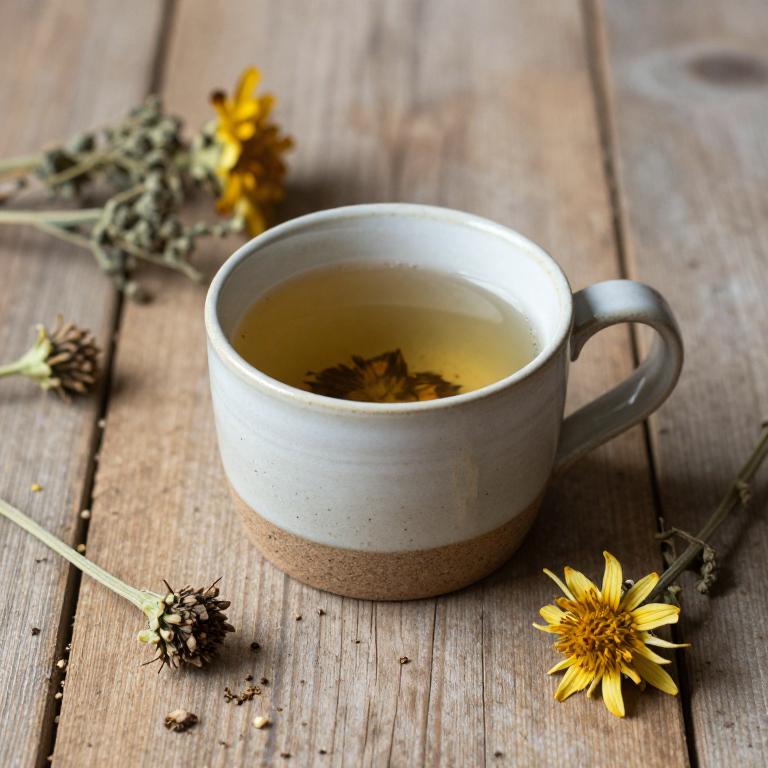
Taraxacum officinale herbal teas are used to support digestive health by promoting the production of digestive enzymes and reducing bloating.
They are also known to have diuretic properties, which can help in flushing out toxins and maintaining healthy kidney function. These teas may aid in detoxification by supporting the liver's ability to process and eliminate waste products from the body. Additionally, they are often consumed to alleviate mild symptoms of inflammation and improve overall immune function.
Due to their mild and generally safe nature, taraxacum officinale herbal teas are a popular choice for those seeking natural remedies for common ailments.
59. Sabal palmetto
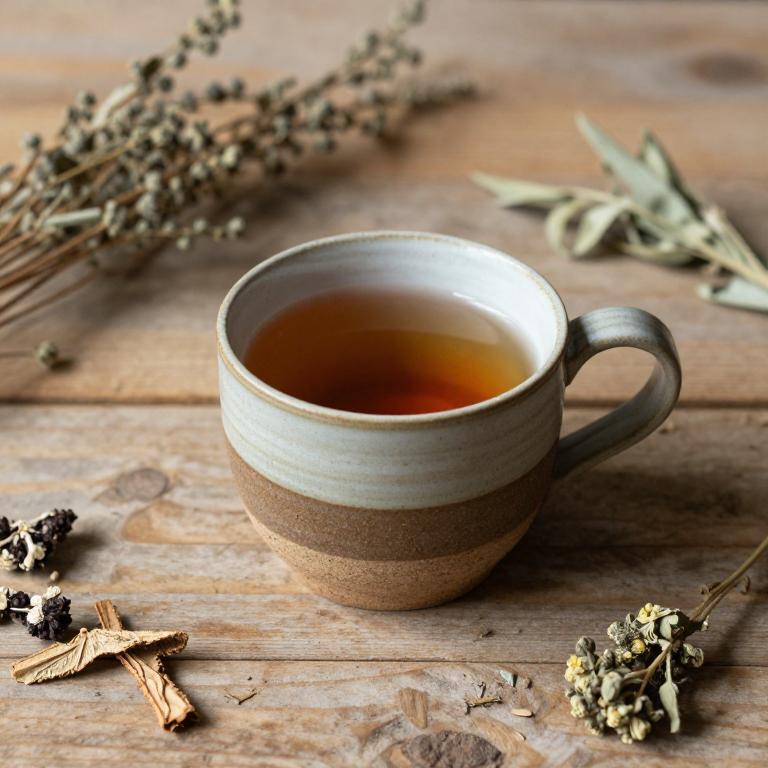
Sabal palmetto herbal teas are used to support urinary tract health by promoting bladder function and reducing inflammation.
They are commonly consumed to alleviate symptoms of benign prostatic hyperplasia (BPH) due to their potential anti-inflammatory and antioxidant properties. The tea is also believed to enhance overall vitality and may aid in reducing stress and fatigue. Its natural compounds are thought to support kidney function and detoxification processes in the body.
These benefits make sabal palmetto a popular choice for those seeking natural remedies for prostate and urinary health.
60. Centella (Centella asiatica)
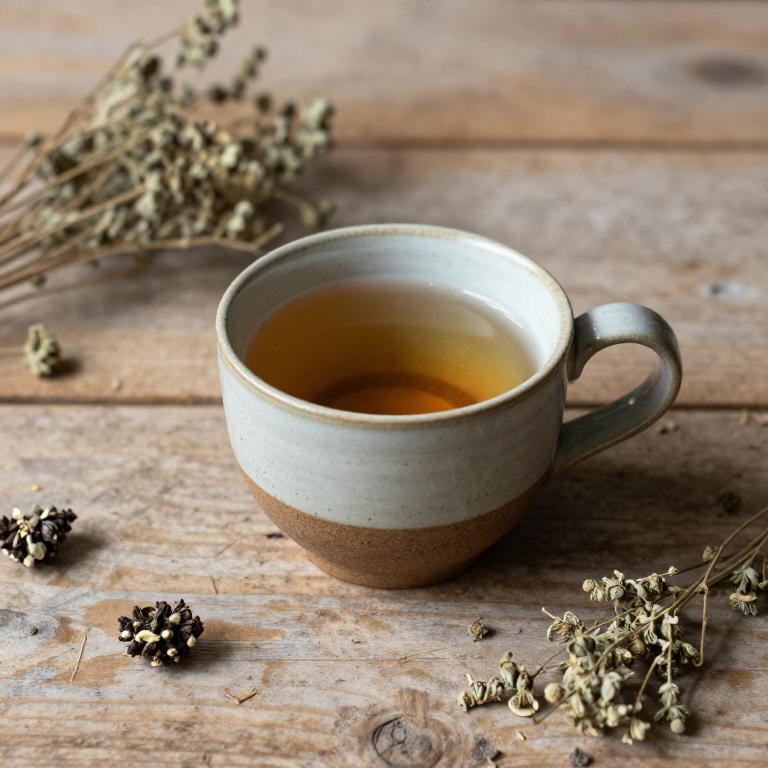
Centella asiatica herbal teas are used to promote skin health and wound healing due to their rich content of saponins and antioxidants.
These compounds help strengthen connective tissues and improve circulation, making the tea beneficial for those with slow-healing wounds or skin conditions. Additionally, the tea is known to support cognitive function and reduce stress, as it contains compounds that may enhance mental clarity and relaxation. It is also used in traditional medicine to alleviate symptoms of anxiety and improve overall well-being.
Because of its numerous health benefits, centella asiatica herbal tea is increasingly popular as a natural remedy in both traditional and modern wellness practices.
61. Chicory (Cichorium intybus)
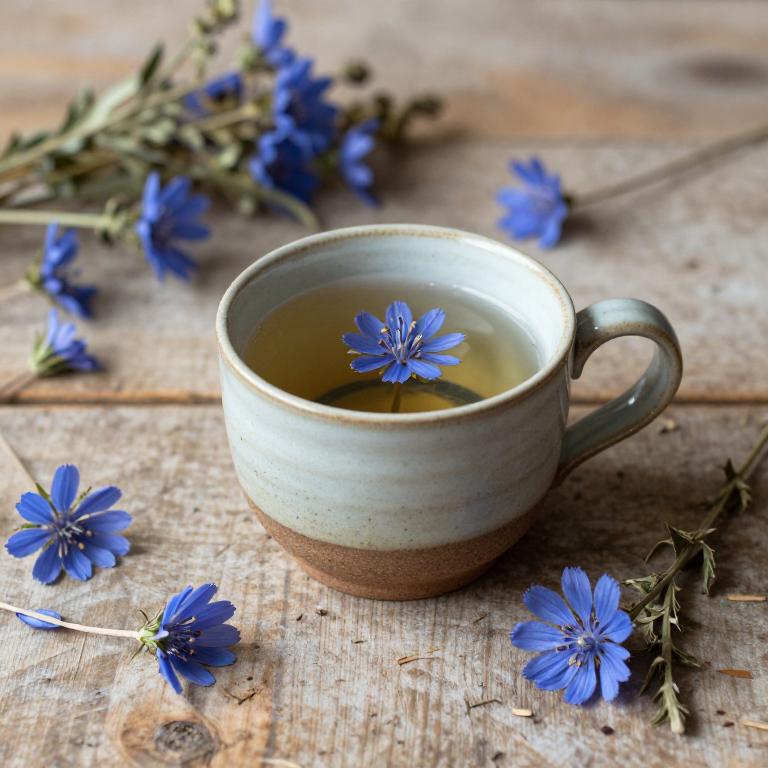
Cichorium intybus herbal teas are used to support digestive health due to their mild laxative properties, which can help alleviate constipation and promote regular bowel movements.
These teas are also valued for their potential to reduce inflammation in the gastrointestinal tract, making them beneficial for individuals with conditions like irritable bowel syndrome. Additionally, cichorium intybus is rich in antioxidants, which contribute to overall detoxification and may support liver function. The tea’s bitter taste can stimulate the production of digestive enzymes, enhancing nutrient absorption and improving overall digestion.
Because of these health benefits, it is often recommended as a natural remedy for digestive discomfort and as a supportive component in holistic wellness practices.
62. Garlic (Allium sativum)
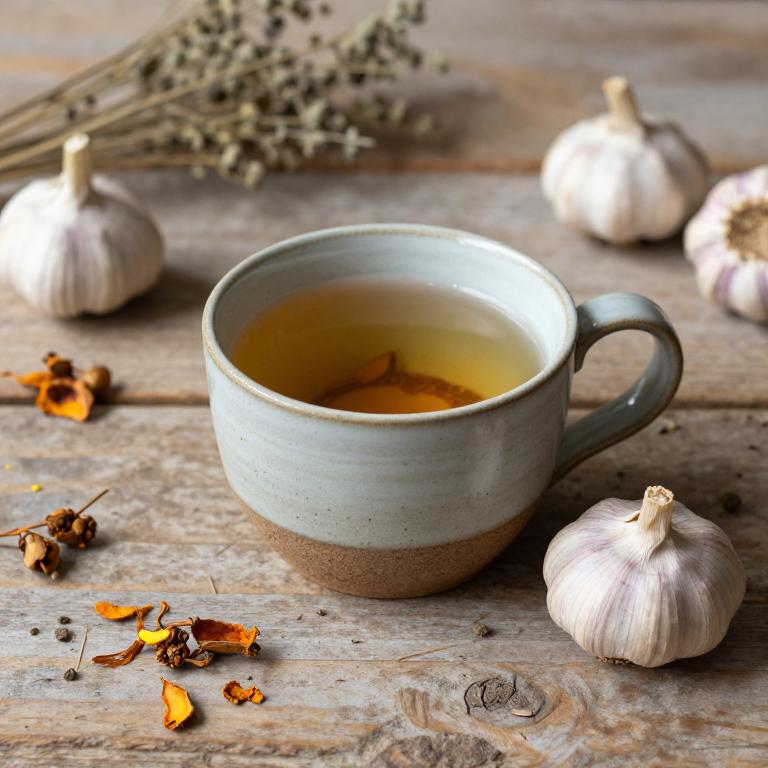
Allium sativum herbal teas are used to support digestive health by stimulating the production of digestive enzymes and reducing bloating and indigestion.
They are also known to help lower cholesterol levels due to their sulfur compounds, which can improve cardiovascular health. These teas may aid in respiratory conditions such as coughs and colds by acting as a natural expectorant. Additionally, allium sativum herbal teas are believed to have antimicrobial properties that can help fight infections.
Their anti-inflammatory effects make them useful in managing symptoms of inflammation-related conditions like arthritis.
63. Catnip (Nepeta cataria)
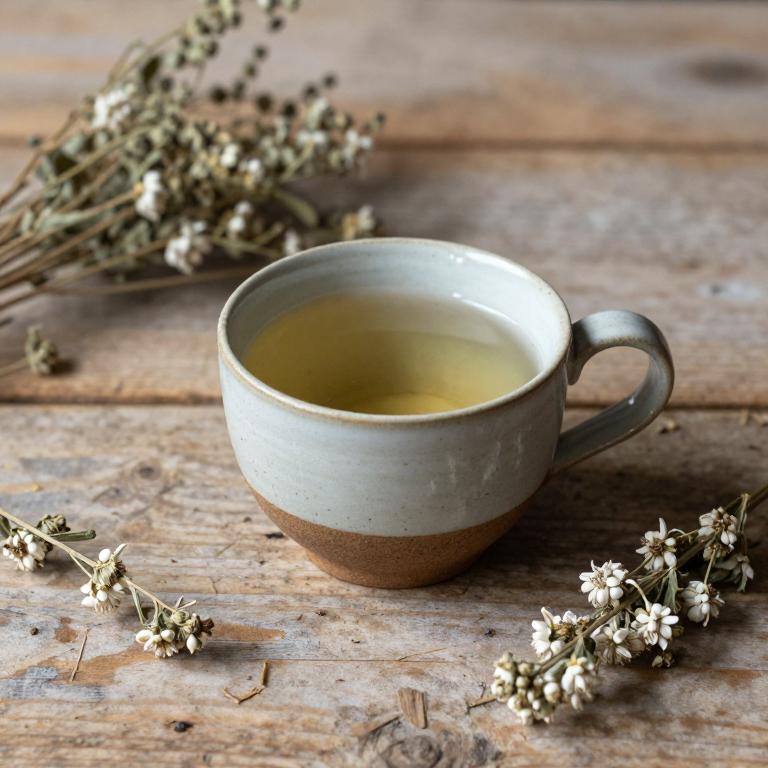
Nepeta cataria herbal teas are used to promote relaxation and ease anxiety due to their calming properties.
These teas are often consumed to help reduce stress and improve sleep quality, making them a popular choice for those seeking natural remedies. The herb, commonly known as catnip, contains compounds like nepetalactone that may interact with the nervous system to induce a soothing effect. Additionally, nepeta cataria herbal teas are sometimes used to alleviate digestive issues such as bloating and nausea.
Their gentle and aromatic nature makes them a versatile and safe option for a wide range of wellness purposes.
64. Mountain arnica (Arnica montana)
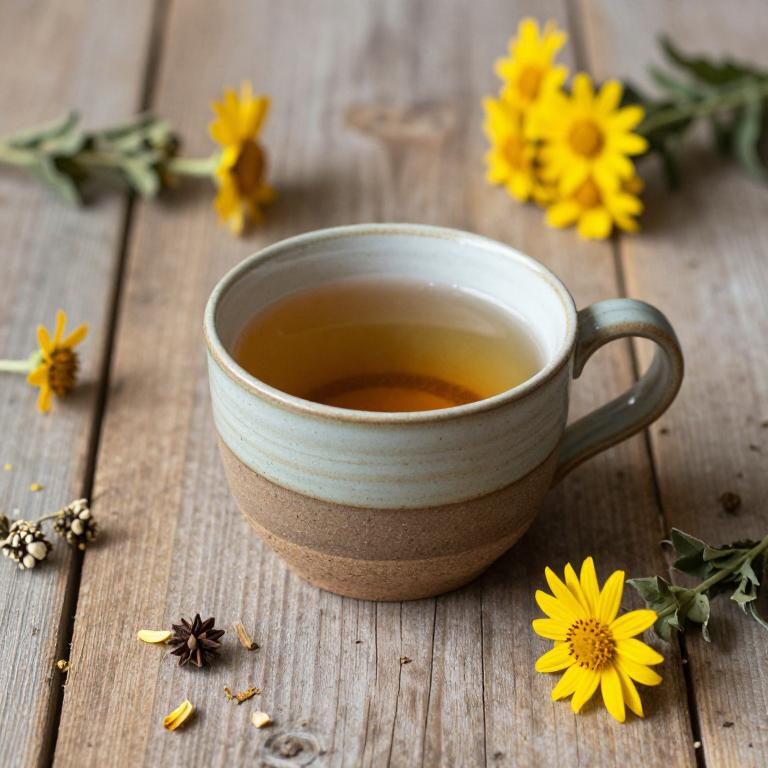
Arnica montana herbal teas are used to promote healing and reduce inflammation in the body.
They are commonly applied topically as a poultice or taken internally to alleviate pain and support recovery from injuries. The active compounds in arnica, such as helenalin and other sesquiterpene lactones, have anti-inflammatory and analgesic properties that contribute to its effectiveness. These teas are often recommended for muscle soreness, joint pain, and bruising due to their ability to improve circulation and reduce swelling.
However, it is important to note that arnica should be used with caution, especially when taken internally, as it can cause adverse effects if not prepared or consumed properly.
65. Tree peony (Paeonia suffruticosa)
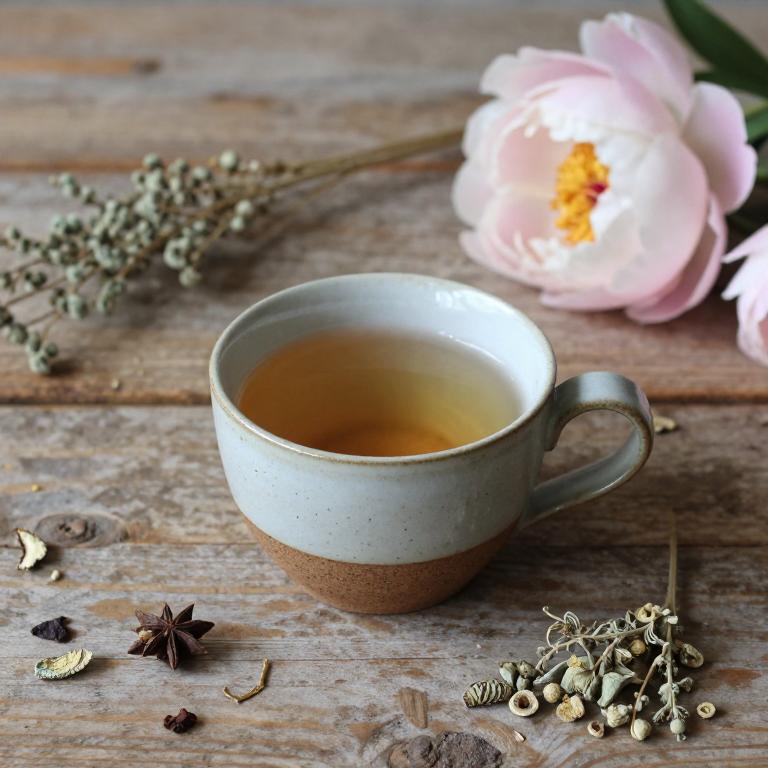
Paeonia suffruticosa herbal teas are used to promote cardiovascular health by helping to lower blood pressure and improve circulation.
These teas are also known to support respiratory function, making them beneficial for individuals suffering from chronic coughs or bronchial issues. Additionally, they are valued for their calming properties, which can aid in reducing stress and improving sleep quality. The presence of bioactive compounds like paeoniflorin contributes to their therapeutic effects.
Due to their combination of health benefits, paeonia suffruticosa herbal teas are increasingly popular in traditional and modern herbal medicine practices.
66. Greek oregano (Satureja hortensis)
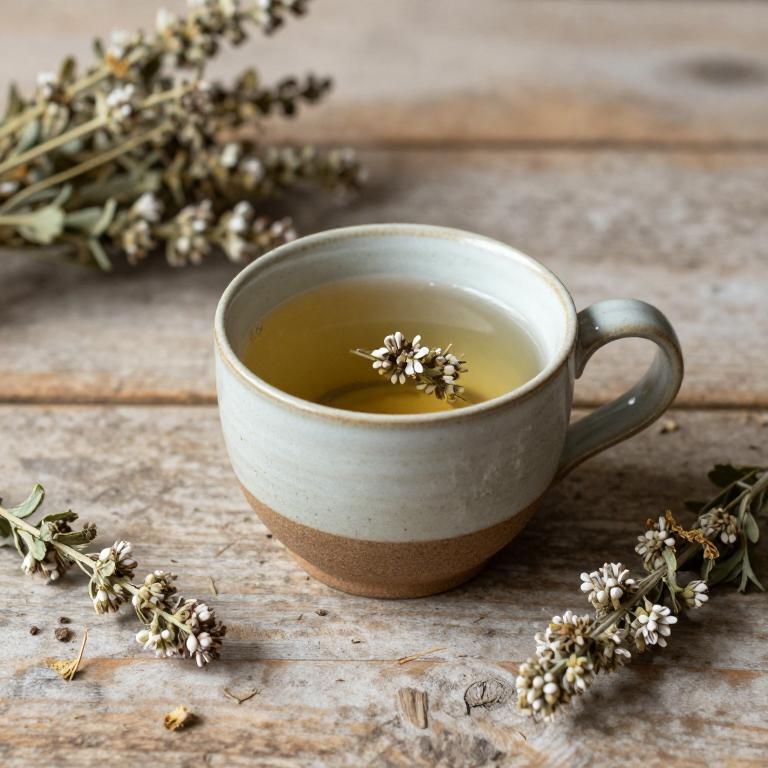
Satureja hortensis herbal teas are used to support digestive health due to their mild antispasmodic and carminative properties, which help relieve bloating, gas, and indigestion.
These teas are also valued for their ability to ease respiratory discomfort, as they can soothe sore throats and reduce coughing by acting as a natural expectorant. Additionally, satureja hortensis is often consumed to promote mental clarity and reduce stress, thanks to its calming effects on the nervous system. Its pleasant, minty aroma makes it a popular choice for aromatherapy and relaxation practices.
Overall, the versatility of satureja hortensis herbal teas makes them a valuable addition to both traditional and modern wellness routines.
67. Nux vomica (Strychnos nux-vomica)
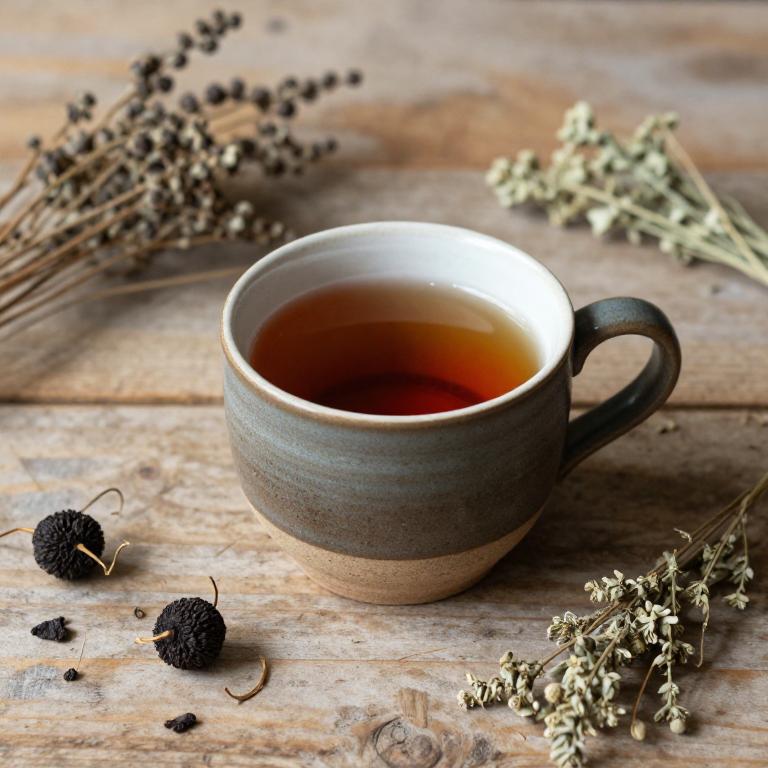
Strychnos nux-vomica herbal teas are used to support digestive health by stimulating appetite and aiding in the digestion of food.
These teas are believed to help alleviate symptoms of indigestion, bloating, and gas due to their mild laxative properties. In traditional medicine, they are also used to treat respiratory conditions such as coughs and colds by promoting the expulsion of mucus. However, it is important to note that the use of strychnos nux-vomica should be approached with caution due to its potential toxicity if not prepared or consumed properly.
Despite its traditional uses, modern medical practices generally advise against its consumption without professional supervision.
68. Sweet wormwood (Artemisia annua)
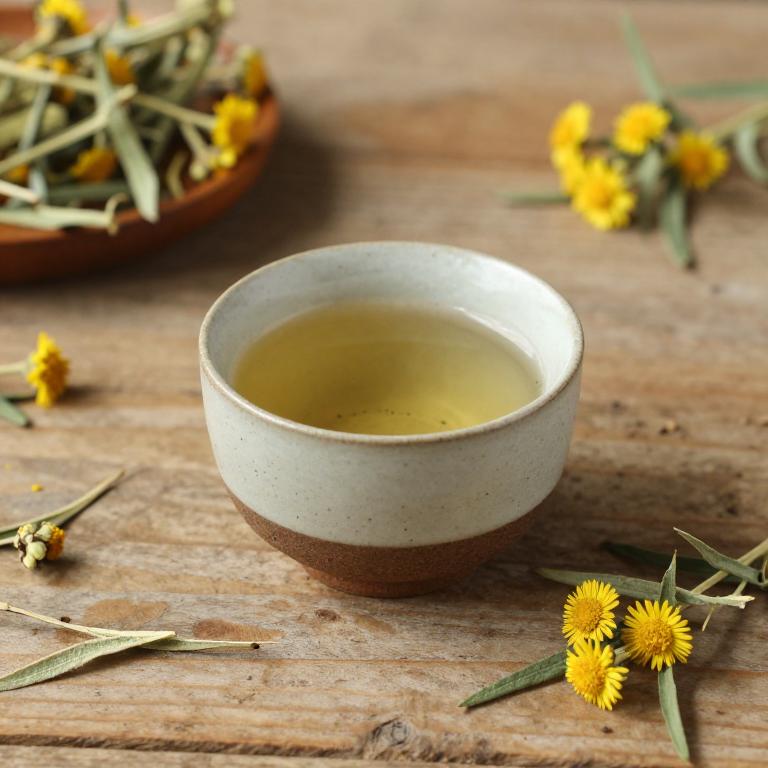
Artemisia annua herbal teas are used to support immune function and alleviate symptoms of viral infections, particularly in the context of malaria treatment.
This herb contains artemisinin, a compound known for its antimalarial properties, which has been widely studied for its effectiveness against Plasmodium parasites. In traditional Chinese medicine, artemisia annua has been utilized for centuries to reduce fever and treat inflammatory conditions. While it is not a substitute for conventional antimalarial drugs, it is often used as a complementary therapy.
Its potential benefits also extend to modern applications, including research into its antiviral properties for conditions like COVID-19.
69. Buckwheat (Plantago ovata)
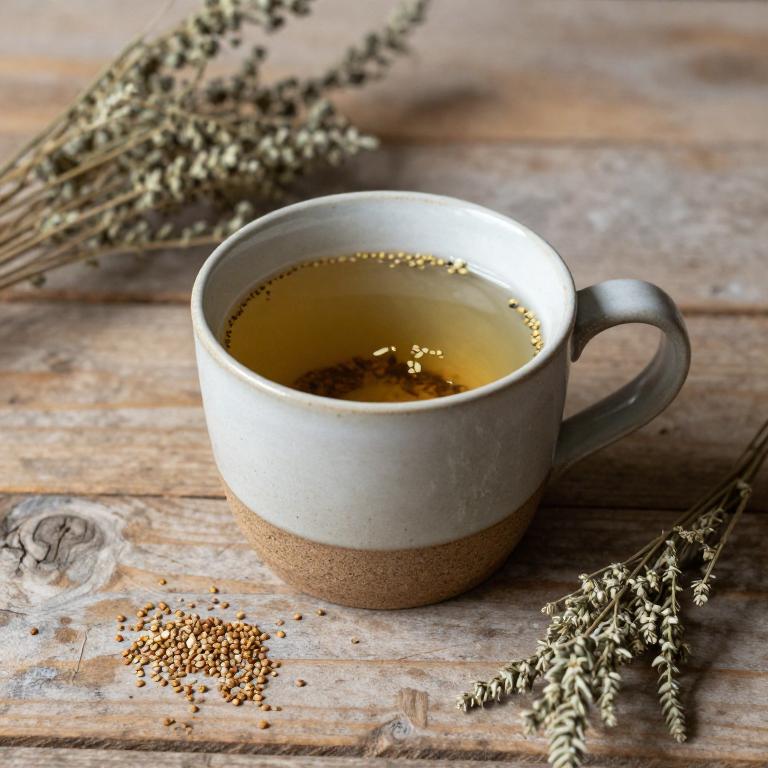
Plantago ovata herbal teas are used to support digestive health by promoting regular bowel movements and relieving constipation due to their high mucilage content, which absorbs water and softens stool.
They are also beneficial for reducing inflammation in the gastrointestinal tract, making them useful for individuals with conditions like irritable bowel syndrome or inflammatory bowel disease. Additionally, these teas may help in detoxifying the body by aiding in the elimination of toxins through the digestive system. The mild and soothing properties of plantago ovata make it a safe herbal remedy for daily consumption, supporting overall gut wellness.
Because of these health benefits, plantago ovata herbal teas are increasingly popular in natural medicine and wellness routines.
70. Devil's ivy (Cissus quadrangularis)
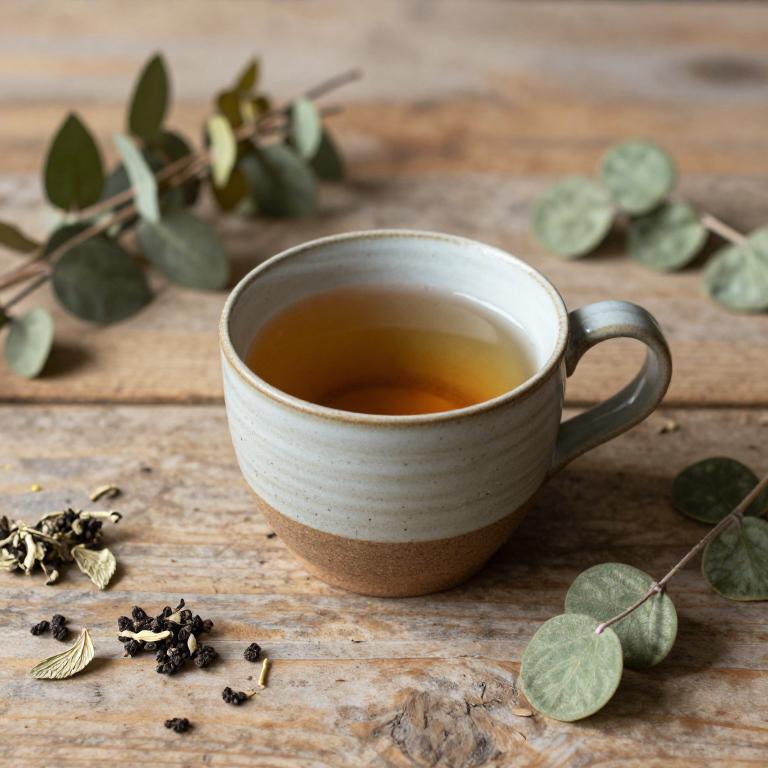
Cissus quadrangularis herbal teas are used to support bone health due to their high concentration of calcium and other minerals essential for strong bones.
These teas are also valued for their ability to enhance joint function and reduce inflammation, making them beneficial for individuals with arthritis or joint pain. Additionally, cissus quadrangularis herbal teas are known to promote wound healing and tissue repair, thanks to their rich content of antioxidants and amino acids. They are often consumed to improve overall vitality and energy levels, as they may help boost metabolic processes.
The combination of these health benefits makes cissus quadrangularis herbal teas a popular choice in traditional and modern herbal medicine.
71. Yellow milkvetch (Astragalus membranaceus)
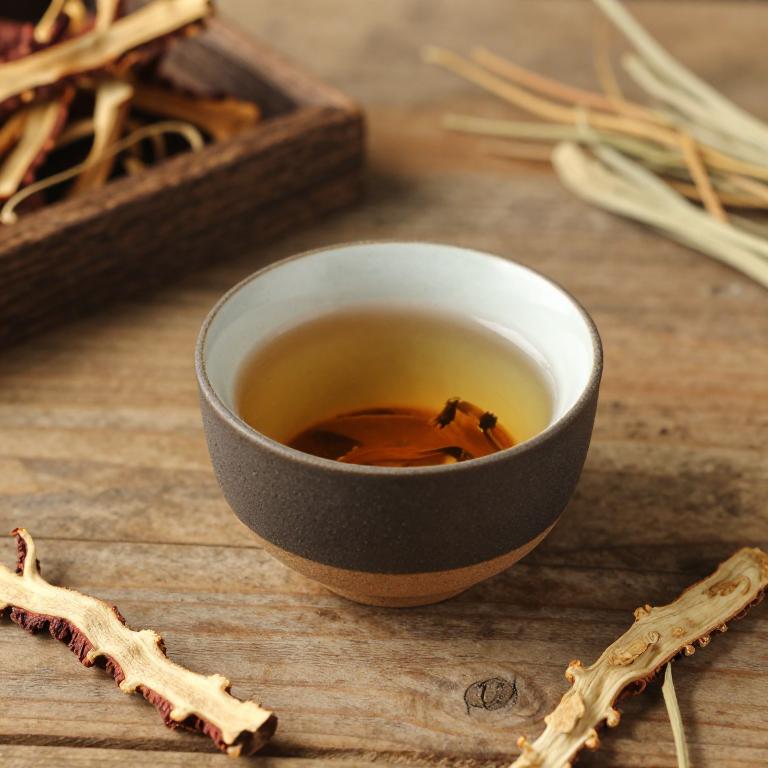
Astragalus membranaceus herbal teas are used to boost the immune system and enhance overall vitality.
This traditional Chinese medicine is known for its adaptogenic properties, helping the body resist stress and maintain balance. It is often consumed to support respiratory health, particularly in preventing and alleviating colds and flu. Additionally, astragalus membranaceus herbal teas may aid in improving energy levels and promoting longevity by supporting kidney function.
These benefits make it a popular choice for those seeking natural remedies to strengthen their health and well-being.
72. Pygeum (Pygeum africanum)
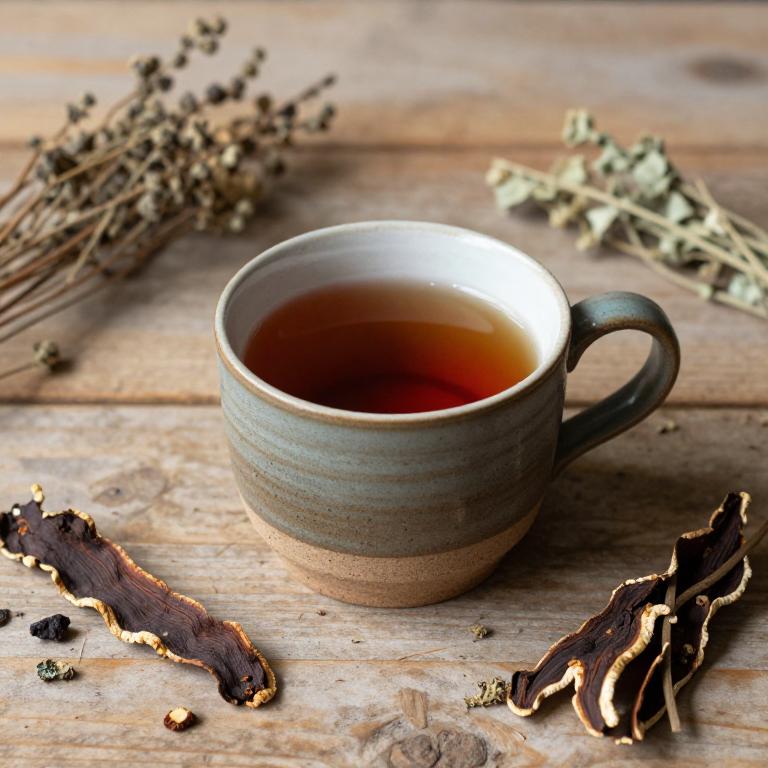
Pygeum africanum herbal teas are used to support prostate health by reducing inflammation and improving urinary function.
They contain compounds such as phytosterols and flavonoids that help regulate hormone levels and reduce benign prostatic hyperplasia symptoms. This herbal tea is often recommended for men experiencing discomfort related to an enlarged prostate. Its natural properties make it a popular alternative to conventional treatments for prostate-related issues.
The combination of these benefits makes pygeum africanum a valuable remedy in traditional and complementary medicine.
73. Sanguisorba (Sanguisorba officinalis)
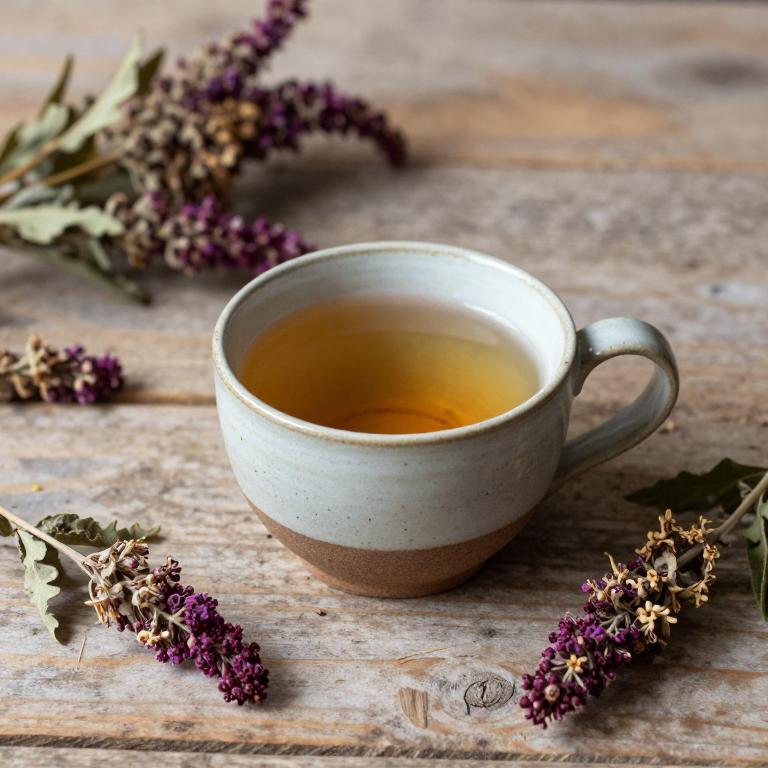
Sanguisorba officinalis herbal teas are used to support digestive health by promoting gentle bowel movements and relieving mild digestive discomfort.
They are also valued for their calming properties, which can help reduce stress and anxiety when consumed regularly. The tea is often recommended for its mild diuretic effects, which may aid in kidney function and help reduce water retention. Additionally, it is believed to have anti-inflammatory properties that can support skin health and reduce symptoms of conditions like eczema.
Overall, sanguisorba officinalis herbal teas are appreciated for their natural, soothing qualities that contribute to both physical and emotional well-being.
74. Barrenwort (Epimedium grandiflorum)
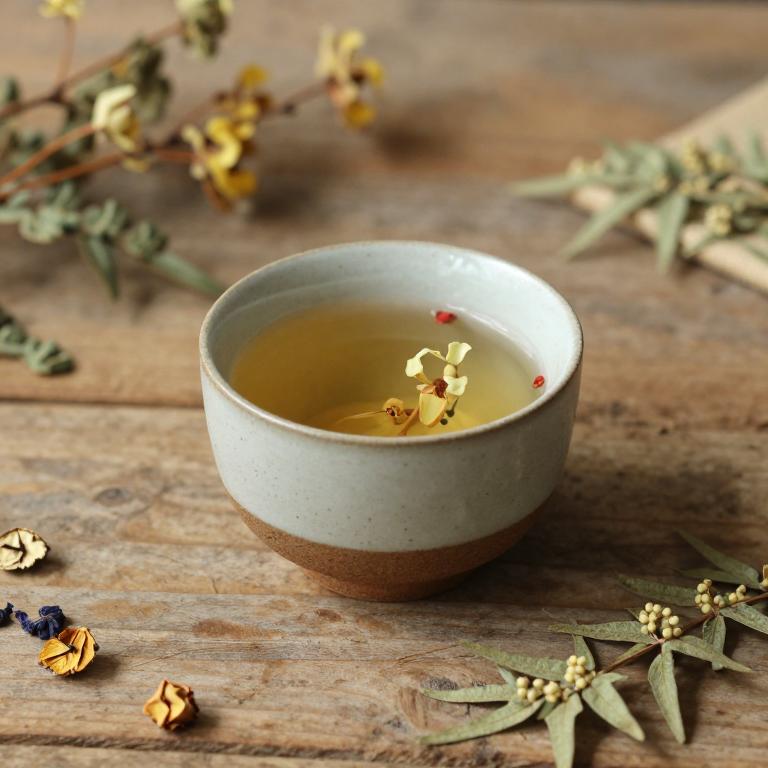
Epimedium grandiflorum herbal teas are used to enhance vitality and support sexual health due to their rich content of flavonoids and other bioactive compounds.
These teas are believed to improve circulation, which can help with conditions such as erectile dysfunction and low libido. They are also used to reduce fatigue and boost energy levels, making them popular among individuals seeking natural ways to increase stamina. The herb's traditional use in Chinese medicine highlights its role in promoting overall wellness and balancing the body's energy.
Because of these potential benefits, epimedium grandiflorum herbal teas are increasingly being incorporated into modern herbal remedies and wellness regimens.
75. Sacred lotus (Nelumbo nucifera)
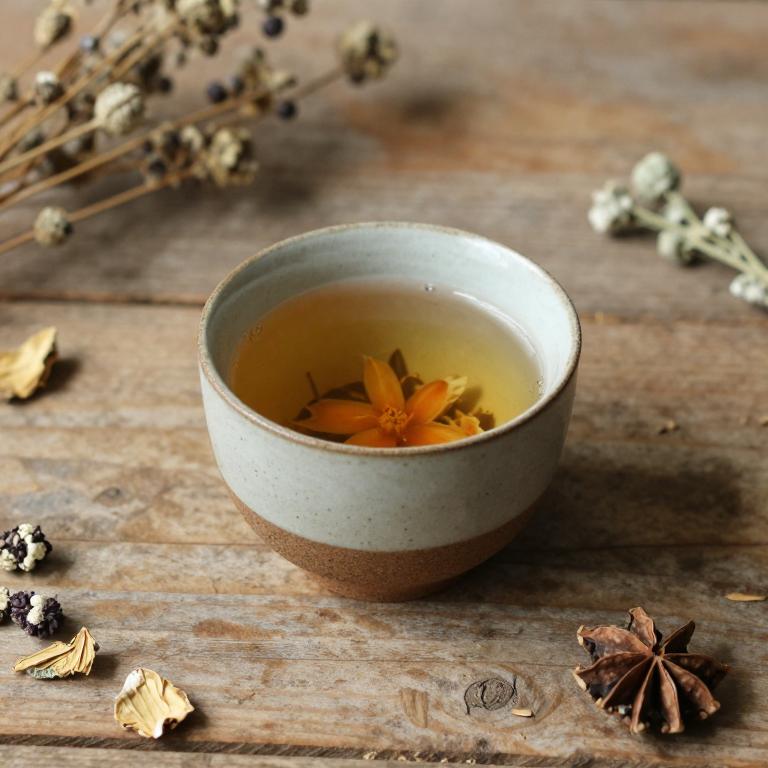
Nelumbo nucifera herbal teas are used to promote relaxation and reduce stress due to their calming properties.
These teas are also beneficial for improving digestion by soothing the gastrointestinal tract and enhancing nutrient absorption. They are often consumed to support heart health, as they contain antioxidants that help lower cholesterol levels. Additionally, nelumbo nucifera herbal teas are used in traditional medicine to alleviate symptoms of anxiety and insomnia.
Their versatility and natural composition make them a popular choice for those seeking holistic wellness through herbal remedies.
76. Goatweed (Eclipta prostrata)
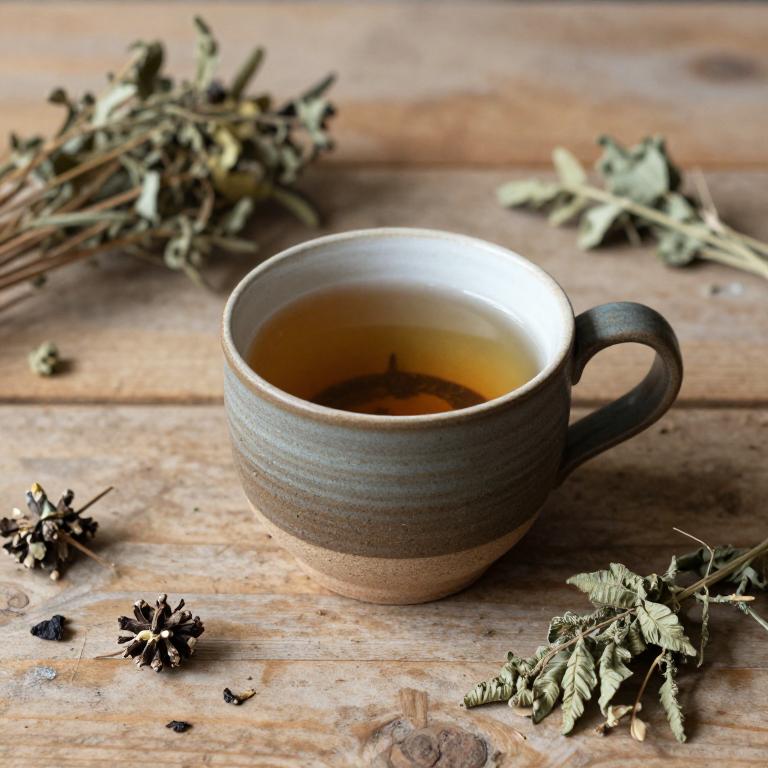
Eclipta prostrata herbal teas are used to support liver health and detoxification due to their high concentration of bioactive compounds like flavonoids and alkaloids.
These teas are believed to help in the treatment of liver disorders such as hepatitis and cirrhosis by promoting the regeneration of liver cells. Additionally, they are consumed to enhance eye health, as traditional medicine often attributes their benefits to improving vision and preventing eye-related ailments. The anti-inflammatory and antioxidant properties of eclipta prostrata also make it useful in managing skin conditions and reducing oxidative stress in the body.
Overall, the use of this herbal tea is rooted in its ability to support various bodily functions and promote overall wellness.
77. Common plantain (Plantago major)
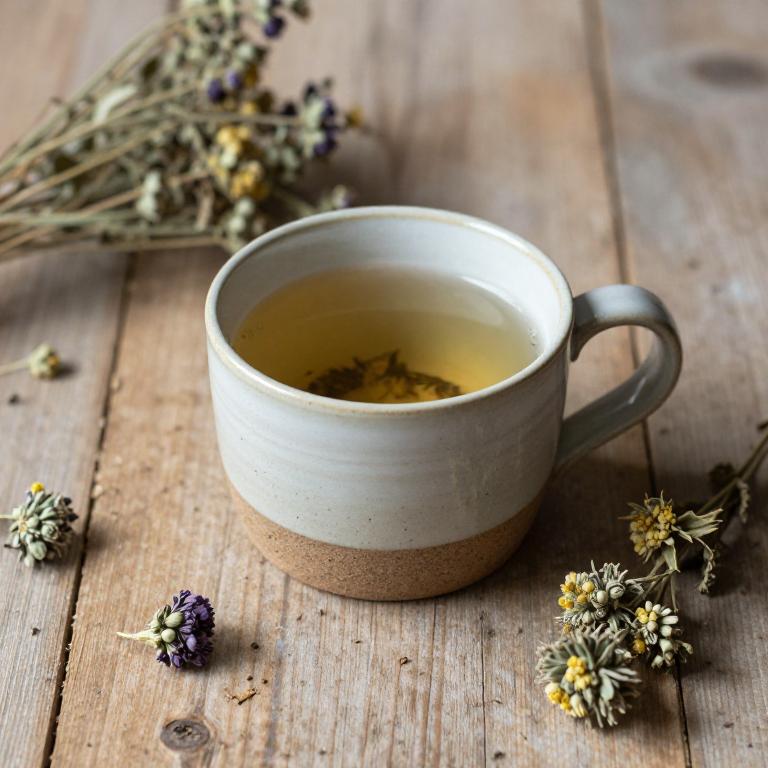
Plantago major herbal teas are used to soothe digestive issues and promote overall gastrointestinal health.
They contain compounds like aucubin and allantoin, which have anti-inflammatory and healing properties that can help reduce irritation in the stomach and intestines. These teas are also known to alleviate symptoms of conditions such as gastritis and ulcers by protecting the mucous membranes. Additionally, they may support respiratory health by easing coughs and reducing inflammation in the airways.
Because of their mild, soothing nature, plantago major herbal teas are often recommended for individuals seeking natural remedies for mild ailments without harsh side effects.
78. Common teucrium (Teucrium marum)
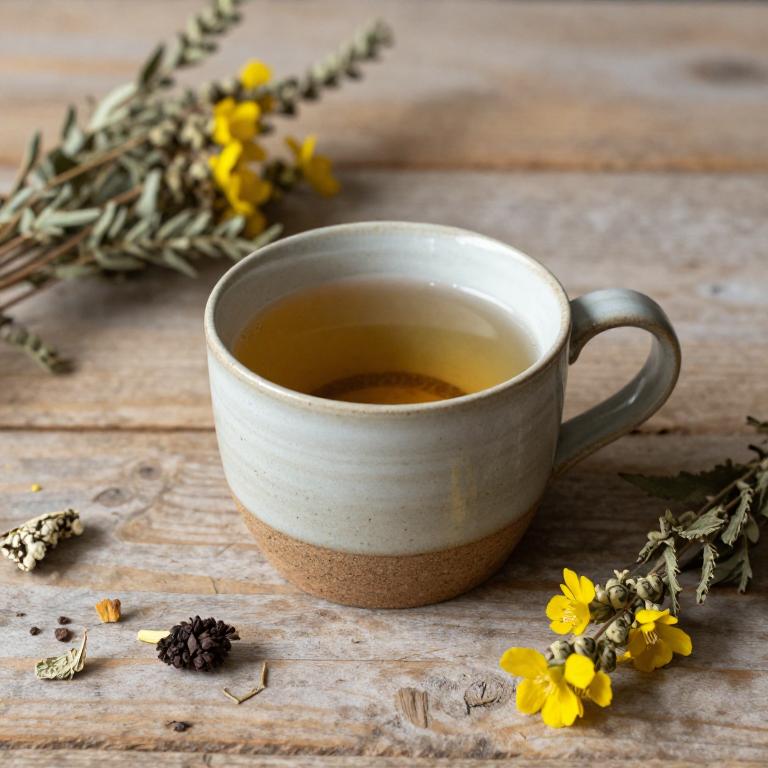
Teucrium marum herbal teas are used to support digestive health by soothing the gastrointestinal tract and reducing inflammation.
They are often consumed to alleviate symptoms of indigestion, bloating, and nausea due to their mild antispasmodic properties. Additionally, these teas may help in reducing stress and promoting relaxation, making them a popular choice for calming the nervous system. The plant’s natural compounds are believed to have antimicrobial effects, which can aid in preventing or treating mild infections.
Overall, teucrium marum herbal teas are valued for their gentle yet effective therapeutic benefits in promoting overall wellness.
79. Geranium (Pelargonium graveolens)
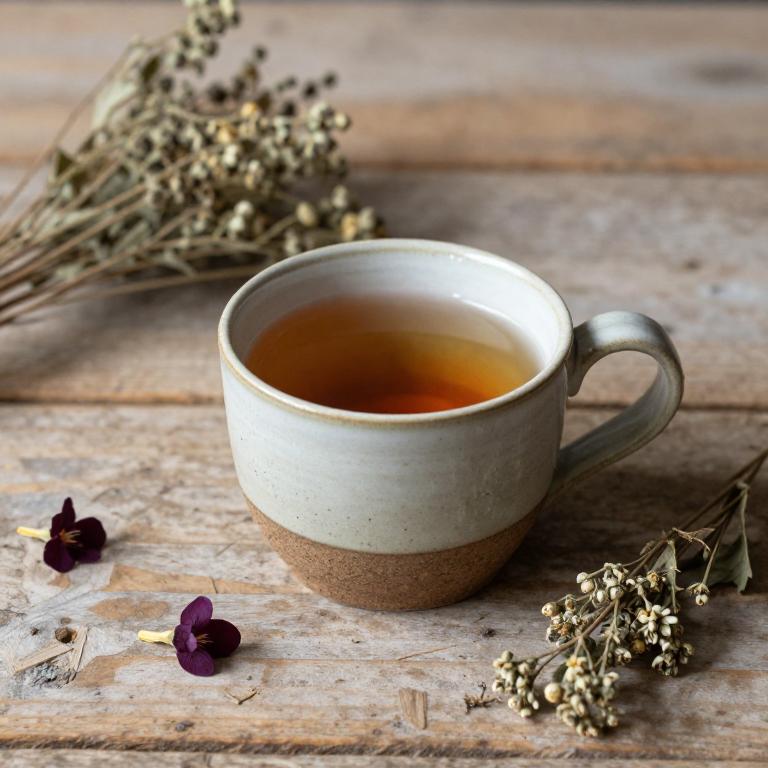
Pelargonium graveolens herbal teas are used to support digestive health by promoting the secretion of digestive enzymes and alleviating symptoms of indigestion.
They are also valued for their calming properties, helping to reduce stress and anxiety when consumed regularly. The essential oils in these teas have antimicrobial properties that may help combat bacterial infections in the gastrointestinal tract. Additionally, pelargonium graveolens teas are often used to ease respiratory congestion due to their expectorant effects.
These benefits are attributed to the presence of compounds like limonene and geraniol, which contribute to their therapeutic properties.
80. Hops (Humulus lupulus)
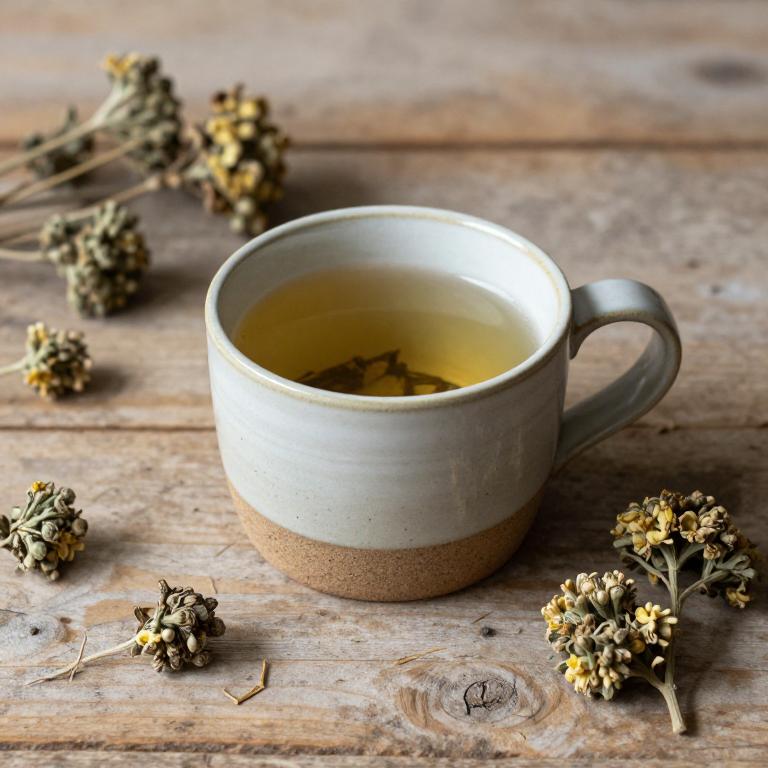
Humulus lupulus herbal teas are used to promote relaxation and reduce stress due to their calming properties.
These teas are often consumed to alleviate symptoms of anxiety and insomnia by soothing the nervous system. They are also beneficial for digestive health, as they can help ease bloating and support healthy digestion. The mild sedative effects of humulus lupulus make it a popular choice for those seeking natural remedies for sleep disorders.
Additionally, its anti-inflammatory properties may contribute to overall wellness and immune support.
81. Blackthorn (Prunus spinosa)
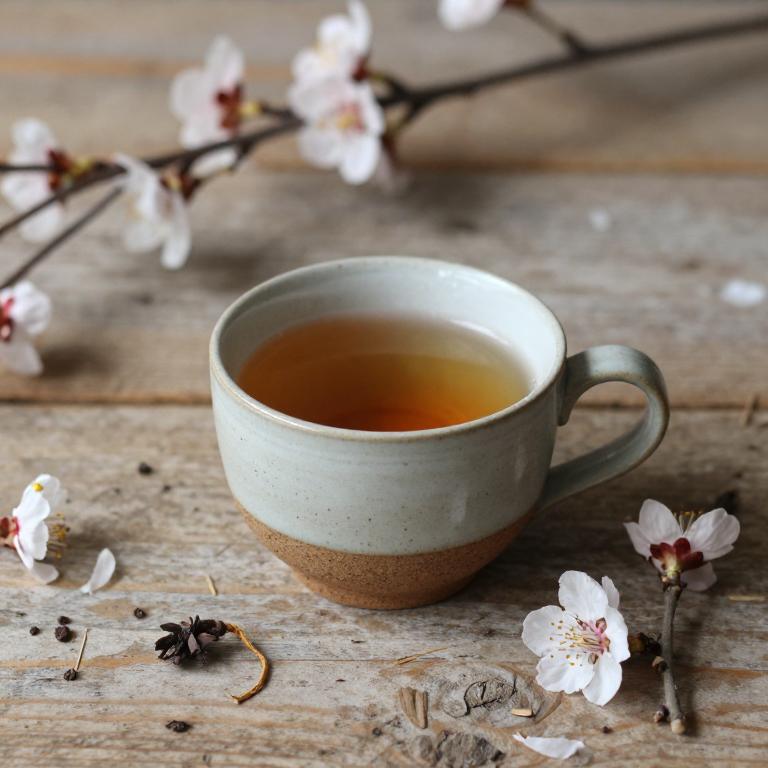
Prunus spinosa herbal teas are used to support digestive health due to their mild astringent properties, which can help soothe upset stomachs and reduce inflammation in the gastrointestinal tract.
These teas are also valued for their potential to promote urinary tract health by acting as a diuretic, aiding in the elimination of toxins and reducing the risk of infections. Additionally, they may contribute to stress relief by calming the nervous system, thanks to the presence of bioactive compounds such as flavonoids and tannins. The antioxidant properties of Prunus spinosa make it beneficial for boosting the immune system and protecting cells from oxidative damage.
Overall, its traditional use in herbal medicine highlights its versatility in addressing various health concerns through natural means.
82. Cherry bomb (Melia azedarach)
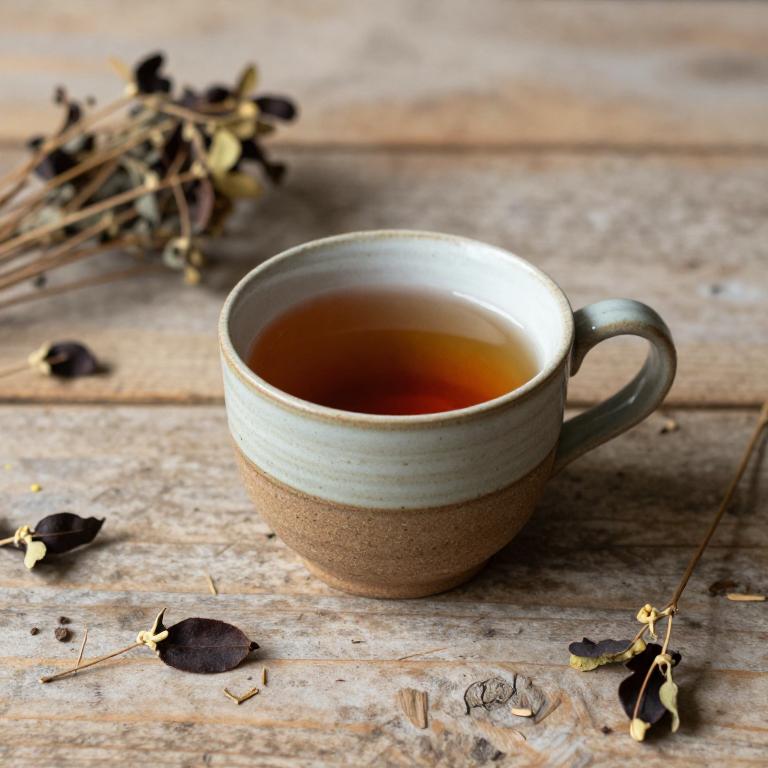
Melia azedarach herbal teas are used to support digestive health by promoting the secretion of digestive enzymes and easing symptoms of indigestion.
They are also valued for their mild laxative properties, which can help alleviate constipation without causing harsh side effects. In traditional medicine, these teas are believed to have antimicrobial effects that may aid in fighting certain infections. Additionally, they are sometimes used to reduce inflammation and soothe skin irritations when applied topically.
The combination of these benefits makes melia azedarach herbal teas a versatile remedy in natural health practices.
83. Citron (Citrus aurantium)
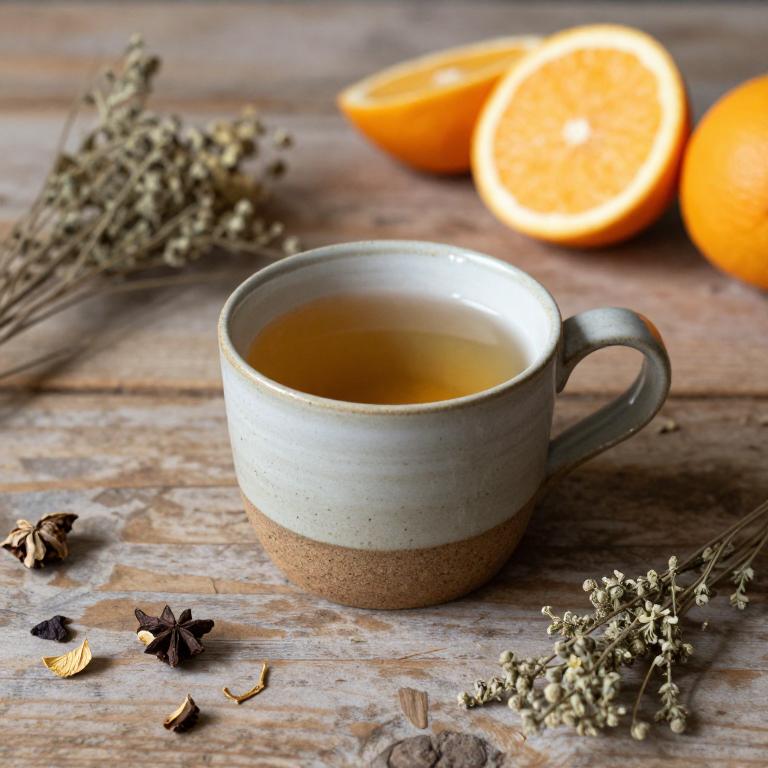
Citrus aurantium herbal teas are used to support weight loss and enhance metabolic function due to their high concentration of flavonoids and alkaloids, which may help stimulate the central nervous system and increase thermogenesis.
These teas are also commonly consumed to alleviate symptoms of anxiety and stress, as the compounds in citrus aurantium have been shown to have mild sedative and calming effects. Additionally, they are used to improve cardiovascular health by promoting better blood circulation and regulating blood pressure. The tea's ability to reduce fatigue and increase energy levels makes it a popular choice for individuals seeking natural vitality.
However, it is important to use citrus aurantium in moderation, as excessive consumption can lead to side effects such as insomnia or increased heart rate.
84. Indian frankincense (Boswellia serrata)
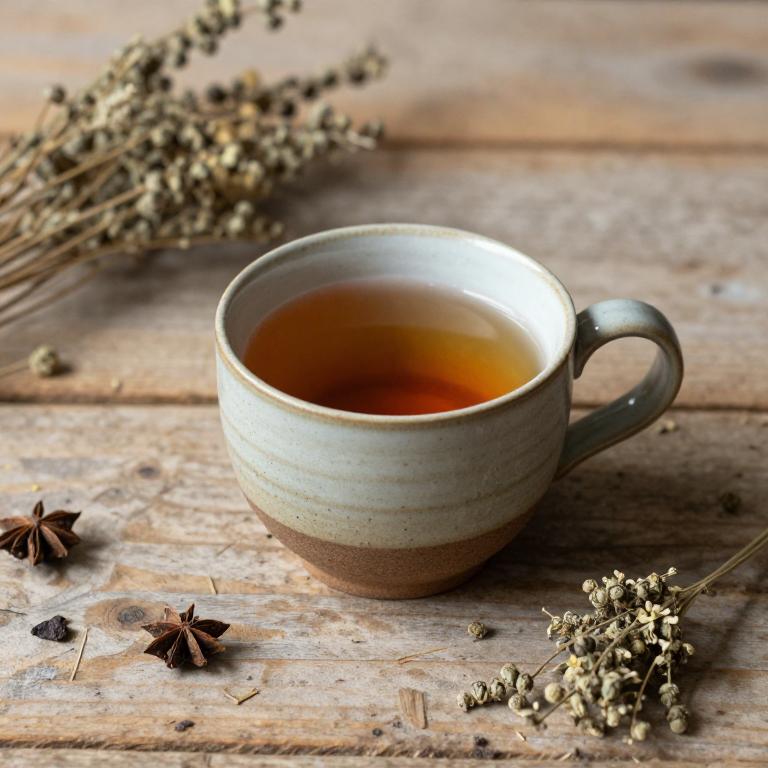
Boswellia serrata herbal teas are used to support joint health and reduce inflammation due to their high concentration of anti-inflammatory compounds known as boswellic acids.
These teas are commonly consumed to alleviate symptoms of arthritis, such as joint pain and stiffness, by inhibiting inflammatory responses in the body. Additionally, boswellia serrata has been traditionally used in Ayurvedic medicine to promote digestive health and relieve gastrointestinal discomfort. The natural antioxidants in the tea may also contribute to overall wellness by protecting cells from oxidative stress.
Because of these benefits, boswellia serrata herbal teas are increasingly popular as a natural remedy for various inflammatory conditions.
85. Tamarind (Tamarindus indica)
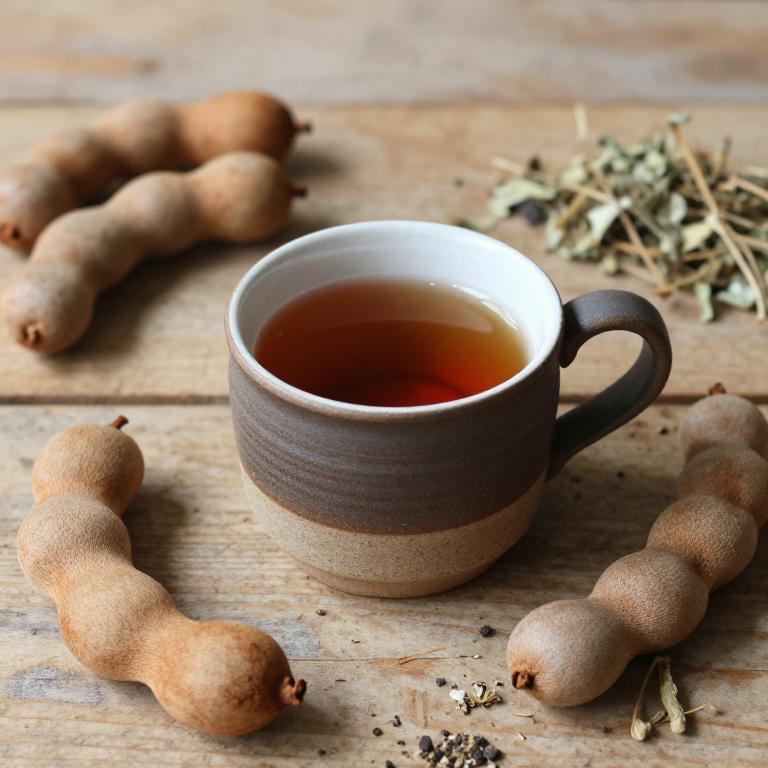
Tamarindus indica herbal teas are used to support digestive health due to their high content of organic acids and enzymes that aid in breaking down food and improving nutrient absorption.
These teas are also known to help alleviate symptoms of indigestion, bloating, and constipation by stimulating the production of digestive juices. Additionally, tamarind tea may have antimicrobial properties that can help combat harmful bacteria in the gut, promoting a healthier intestinal environment. The natural antioxidants present in tamarind can also contribute to reducing inflammation and supporting the immune system.
Overall, tamarindus indica herbal teas are valued for their ability to enhance digestion, support gut health, and provide a range of potential health benefits when consumed regularly.
86. Golden shower tree (Senna alata)
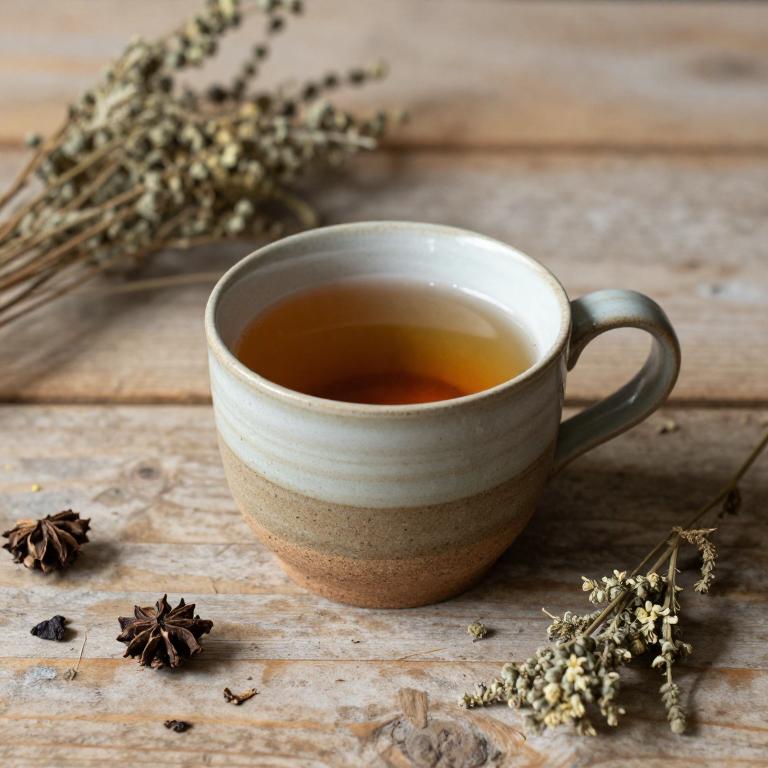
Senna alata herbal teas are used to promote digestive health by stimulating bowel movements and relieving constipation due to their natural laxative properties.
These teas are also valued for their anti-inflammatory and antioxidant effects, which can help reduce swelling and support immune function. Additionally, senna alata is sometimes used to manage skin conditions such as eczema and psoriasis because of its soothing and healing properties. The tea may also aid in weight management by increasing metabolic activity and reducing appetite.
However, it is important to use senna alata in moderation, as excessive consumption can lead to dehydration or electrolyte imbalances.
87. Ceylon cassia (Cassia angustifolia)
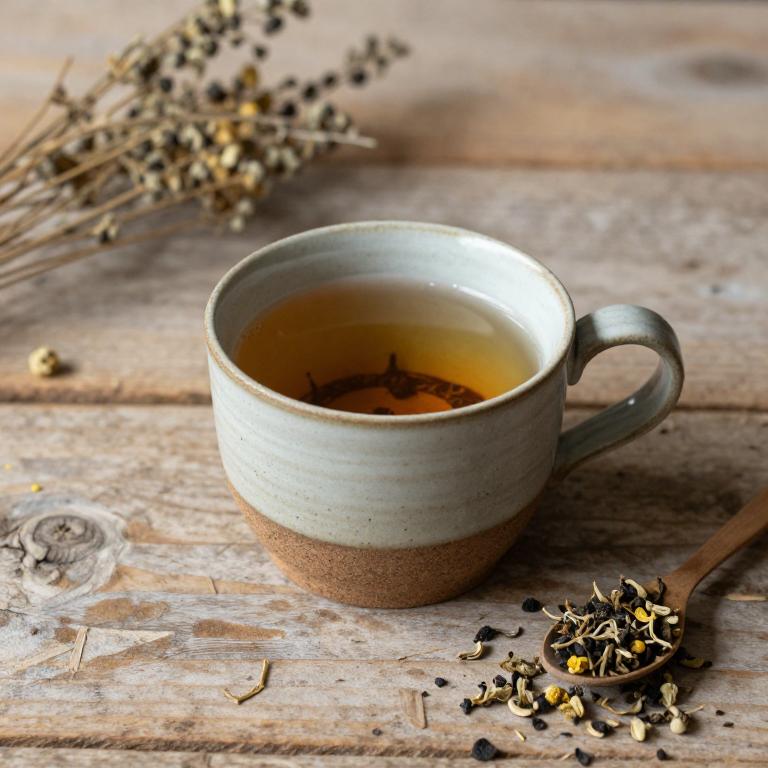
Cassia angustifolia herbal teas are used to support digestive health by promoting regular bowel movements and relieving constipation due to their high content of laxative compounds like cassia lignans.
These teas are also valued for their ability to reduce inflammation and soothe skin conditions such as eczema and psoriasis when applied topically or consumed internally. Additionally, cassia angustifolia is believed to have antioxidant properties that may help protect cells from damage and support overall immune function. The mild, earthy flavor of the tea makes it a pleasant option for daily consumption, contributing to its popularity in traditional medicine practices.
Its versatility in both internal and external applications highlights its importance in holistic wellness approaches.
88. Cascara sagrada (Rhamnus purshiana)
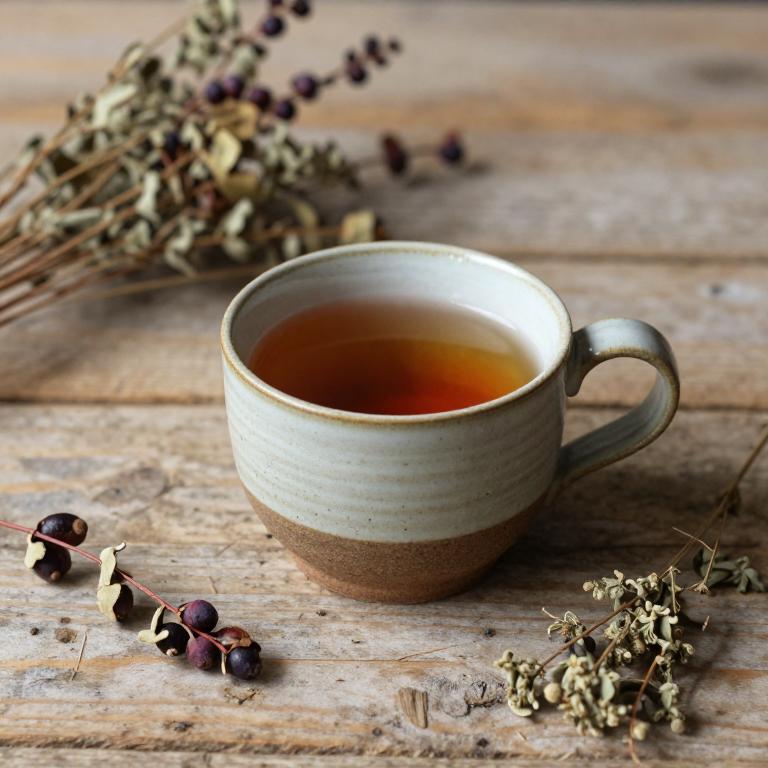
Rhamnus purshiana herbal teas are used to support digestive health by promoting regular bowel movements and alleviating constipation.
This herb, commonly known as Chinese buckthorn, contains anthraquinone compounds that act as natural laxatives, helping to stimulate intestinal activity. It is also used to reduce inflammation in the digestive tract, making it beneficial for individuals suffering from mild gastrointestinal discomfort. Additionally, rhamnus purshiana may aid in detoxification processes by supporting liver function and eliminating toxins from the body.
Due to its mild and effective nature, it is often preferred as a natural alternative to synthetic laxatives for long-term use.
89. Common buckthorn (Rhamnus frangula)
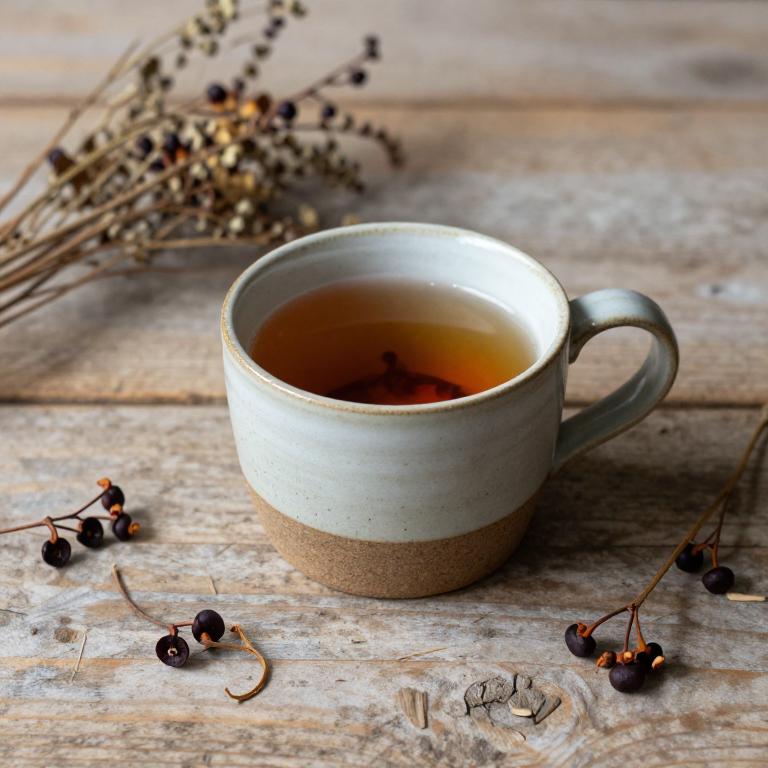
Rhamnus frangula herbal teas are used to support digestive health by promoting regular bowel movements and relieving constipation.
They contain compounds such as anthraquinones, which act as mild laxatives and help stimulate intestinal activity. This herb is also believed to have anti-inflammatory properties that may aid in reducing gastrointestinal discomfort. Due to its natural origin, it is often preferred by those seeking alternative remedies for mild digestive issues.
However, it should be used with caution and under professional guidance to avoid potential side effects or interactions.
90. Red sage (Salvia miltiorrhiza)

Salvia miltiorrhiza herbal teas are used to promote cardiovascular health by improving blood circulation and reducing cholesterol levels.
They are also known to support liver function and aid in detoxification processes within the body. Additionally, these teas are often consumed to alleviate symptoms of menopause, such as hot flashes and mood swings, due to their phytoestrogen content. The anti-inflammatory and antioxidant properties of salvia miltiorrhiza make it beneficial for reducing oxidative stress and preventing chronic diseases.
Overall, its wide range of therapeutic effects makes it a valuable natural remedy in traditional and modern herbal medicine.
91. Horse chestnut (Aesculus hippocastanum)
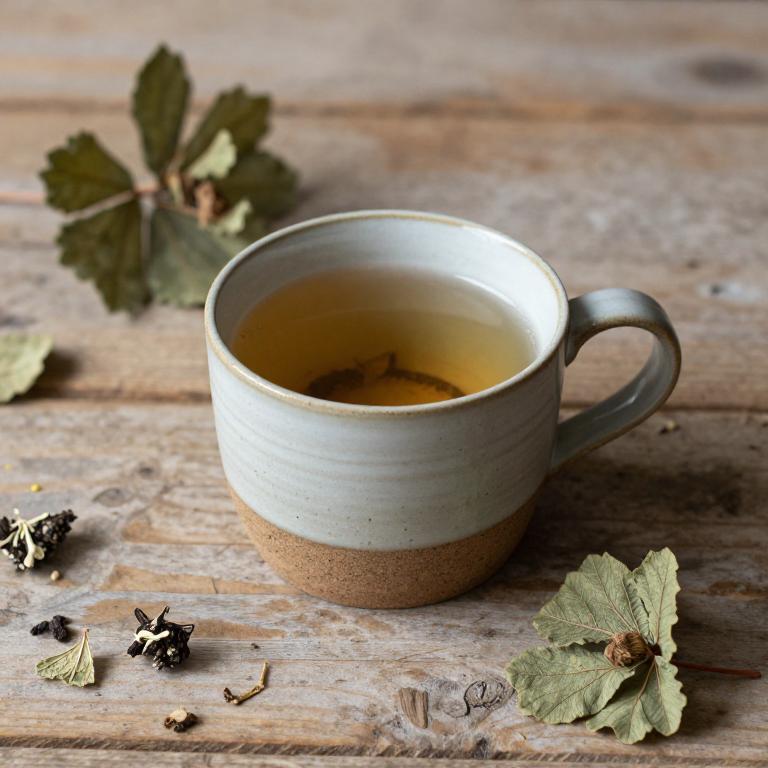
Aesculus hippocastanum herbal teas are used to support cardiovascular health by promoting circulation and reducing inflammation.
They contain compounds that may help lower blood pressure and improve blood flow, making them beneficial for individuals with hypertension or circulatory issues. These teas are also valued for their calming properties, which can aid in reducing stress and anxiety. Additionally, they are sometimes used to alleviate symptoms of varicose veins and edema due to their potential venotonic effects.
However, it is important to consult a healthcare professional before use, as they may interact with certain medications or have contraindications for specific health conditions.
92. Parsley (Petroselinum crispum)
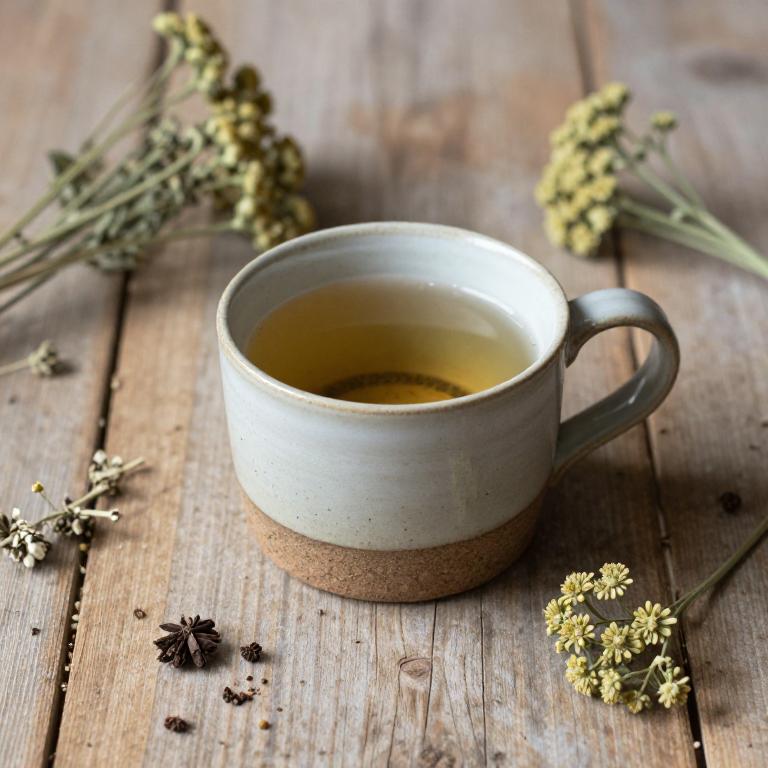
Petroselinum crispum herbal teas are used to support digestive health by soothing the gastrointestinal tract and reducing bloating and gas.
They are also known to aid in detoxification by promoting the elimination of toxins through the urinary system. The tea’s mild diuretic properties can help in managing fluid retention and supporting kidney function. Additionally, petroselinum crispum is valued for its calming effects, which can help alleviate stress and promote relaxation.
These benefits make it a versatile herbal remedy for enhancing overall wellness and natural healing.
93. Scutellaria (Scutellaria lateriflora)
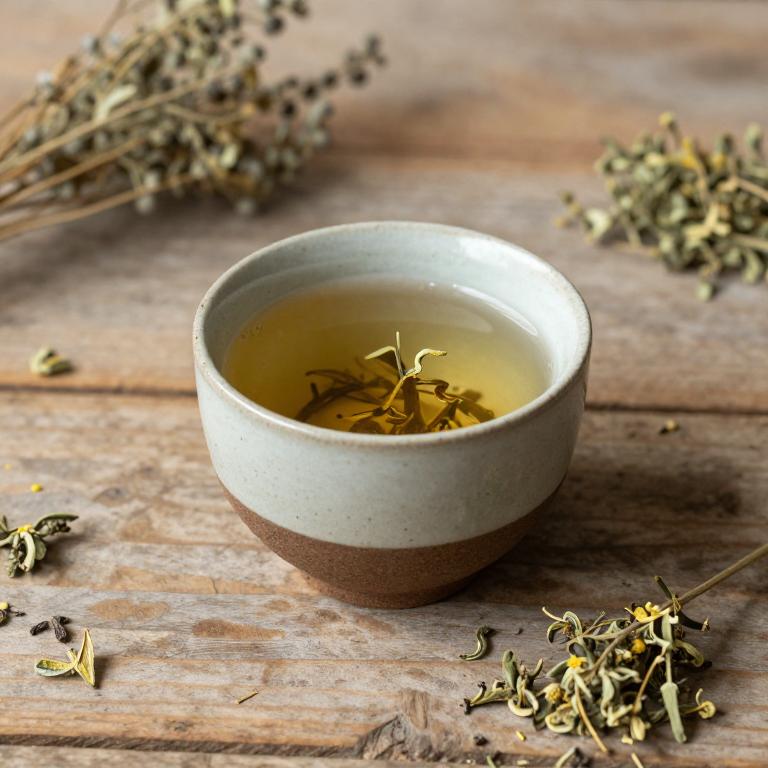
Scutellaria lateriflora herbal teas are used to support mental clarity and emotional balance due to their calming properties.
These teas contain compounds that may help reduce anxiety and promote relaxation, making them beneficial for individuals dealing with stress or mild mood disorders. Additionally, they are often consumed to enhance cognitive function and improve focus, as they are believed to have mild stimulating effects. The plant's traditional use in herbal medicine also suggests potential benefits for digestive health and immune support.
Overall, scutellaria lateriflora herbal teas are valued for their holistic approach to wellness, addressing both mental and physical well-being.
94. St. john's wort (Agrimonia eupatoria)
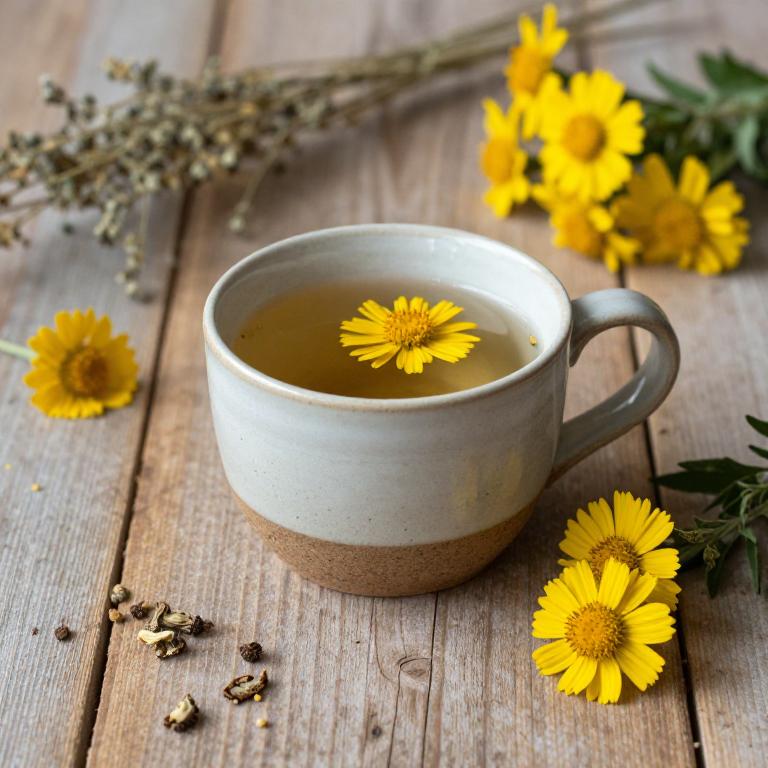
Agrimonia eupatoria herbal teas are used to support digestive health by soothing the gastrointestinal tract and reducing symptoms of indigestion and bloating.
They are also valued for their potential to alleviate mild anxiety and promote relaxation due to their calming properties. The tea is often recommended for its anti-inflammatory effects, which may help reduce inflammation in the digestive system and support overall gut health. Additionally, agrimonia eupatoria is believed to aid in detoxification processes by supporting liver function.
These benefits make agrimonia eupatoria a popular choice in traditional herbal medicine for promoting wellness and balance in the body.
95. Cyperus esculentus (Cyperus esculentus)
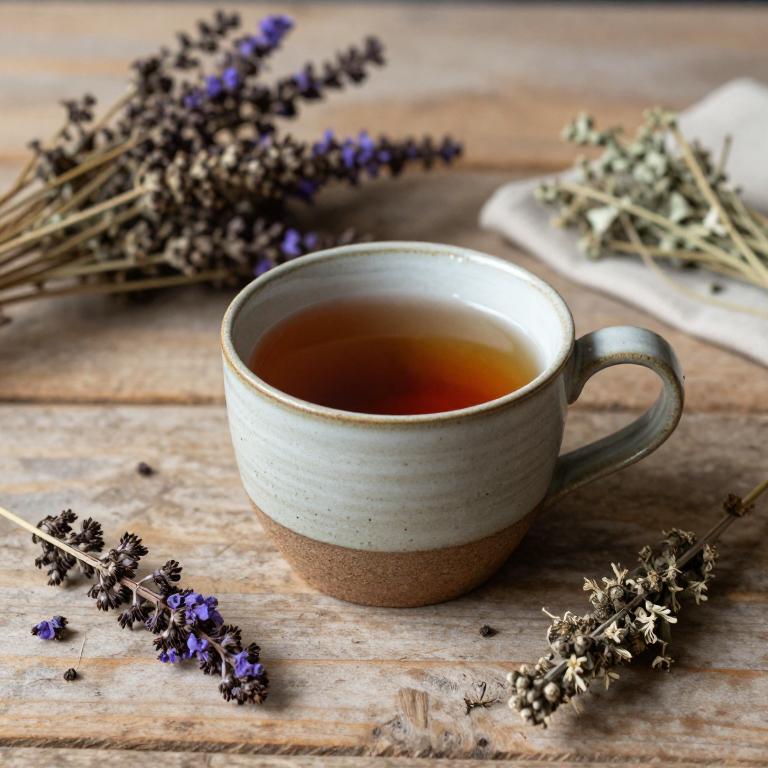
Cyperus esculentus herbal teas are used to support digestive health by promoting healthy bowel movements and reducing bloating.
They are also valued for their potential to alleviate symptoms of menopause, such as hot flashes and mood swings, due to their phytoestrogen content. These teas may help in managing stress and anxiety by calming the nervous system, thanks to their mild sedative properties. Additionally, they are believed to aid in weight management by enhancing metabolism and reducing appetite.
Overall, the use of Cyperus esculentus herbal teas is rooted in their natural compounds that offer a range of health benefits, making them a popular choice in traditional and complementary medicine.
96. Wormwood (Artemisia vulgaris)
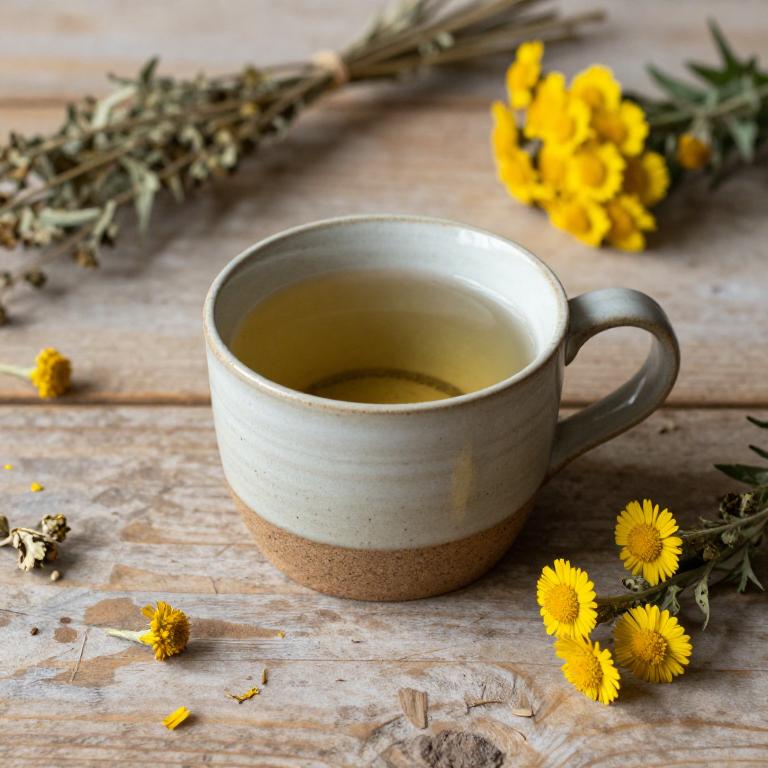
Artemisia vulgaris herbal teas are used to support digestive health by stimulating bile production and aiding in the digestion of fats.
They are also commonly consumed to relieve symptoms of indigestion, bloating, and flatulence due to their mild carminative properties. Additionally, these teas are believed to have a calming effect on the nervous system, making them useful for reducing stress and promoting relaxation. In traditional medicine, artemisia vulgaris has been used to treat fever and inflammatory conditions, contributing to its reputation as a versatile herbal remedy.
Overall, the combination of digestive, calming, and anti-inflammatory benefits makes artemisia vulgaris a valuable herb in both modern and traditional herbal practices.
97. Black cherry (Prunus serotina)
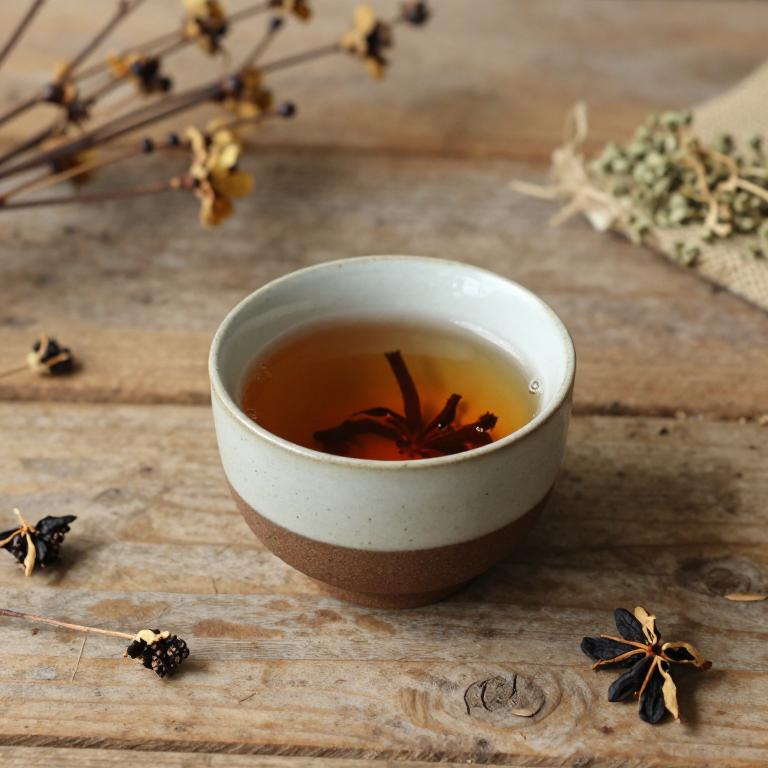
Prunus serotina herbal teas are used to support digestive health by promoting healthy bowel movements and alleviating symptoms of constipation.
They are also valued for their potential to reduce inflammation and support the immune system due to their high concentration of antioxidants and bioactive compounds. Additionally, these teas may aid in managing stress and improving mood by influencing the nervous system and promoting relaxation. The natural compounds in Prunus serotina, such as amygdalin and various flavonoids, contribute to its therapeutic properties.
However, it is important to use these teas responsibly and consult with a healthcare professional, as they may interact with certain medications or have side effects in some individuals.
98. White cedar (Thuja occidentalis)
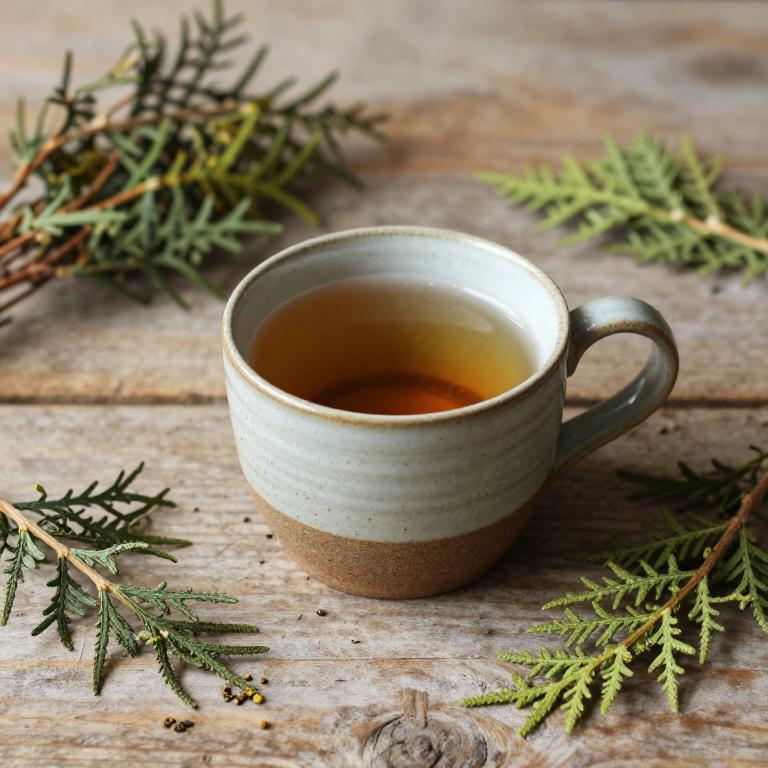
Thuja occidentalis herbal teas are used to support respiratory health by helping to alleviate symptoms of colds, coughs, and bronchitis due to their expectorant and antiseptic properties.
These teas are also beneficial for skin conditions such as eczema and psoriasis because they contain compounds that may reduce inflammation and promote healing. Additionally, thuja occidentalis is sometimes used in traditional medicine to support the immune system and detoxify the body, thanks to its antimicrobial and antioxidant effects. The essential oils in the tea can also help relieve headaches and migraines by promoting relaxation and reducing tension.
Overall, thuja occidentalis herbal teas are valued for their diverse therapeutic applications, making them a popular choice in herbal remedies for both internal and external use.
99. Chinese peony (Paeonia lactiflora)
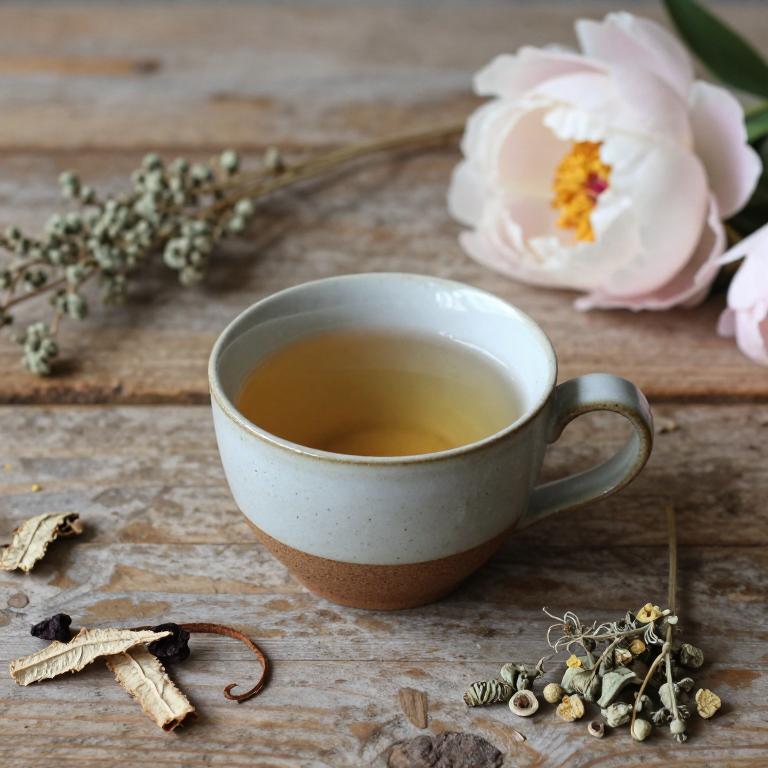
Paeonia lactiflora herbal teas are used to support emotional well-being and alleviate symptoms of stress and anxiety.
The plant contains compounds that have calming properties, making it a natural remedy for promoting relaxation and improving mood. These teas are also known to aid in digestive health by soothing the stomach and reducing inflammation. Additionally, they may help in managing menopausal symptoms such as hot flashes and mood swings due to their phytoestrogen content.
Overall, paeonia lactiflora herbal teas are valued for their holistic benefits, offering a gentle and natural approach to wellness.
100. Sabal serrulata
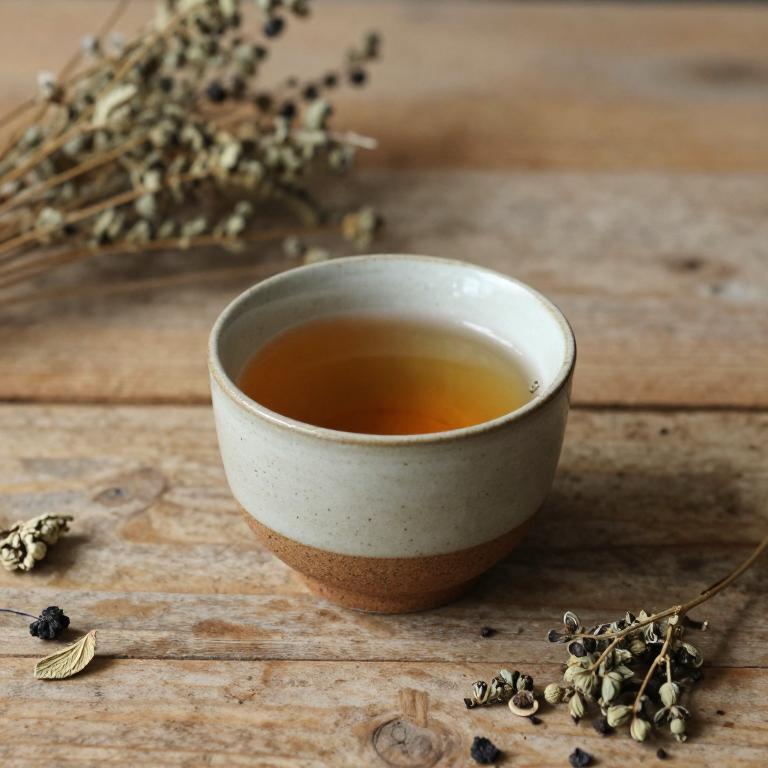
Sabal serrulata herbal teas are used to support digestive health and promote detoxification by stimulating the production of bile and aiding in the elimination of toxins from the body.
They are also valued for their potential to alleviate symptoms of respiratory conditions such as bronchitis and asthma due to their anti-inflammatory and expectorant properties. This herbal tea is often consumed to enhance overall metabolic function and may help in managing weight by increasing energy levels and reducing appetite. Additionally, it is believed to have a calming effect on the nervous system, making it useful for stress relief and improving mental clarity.
The combination of these benefits makes sabal serrulata a popular choice in herbal medicine for its multifaceted therapeutic properties.